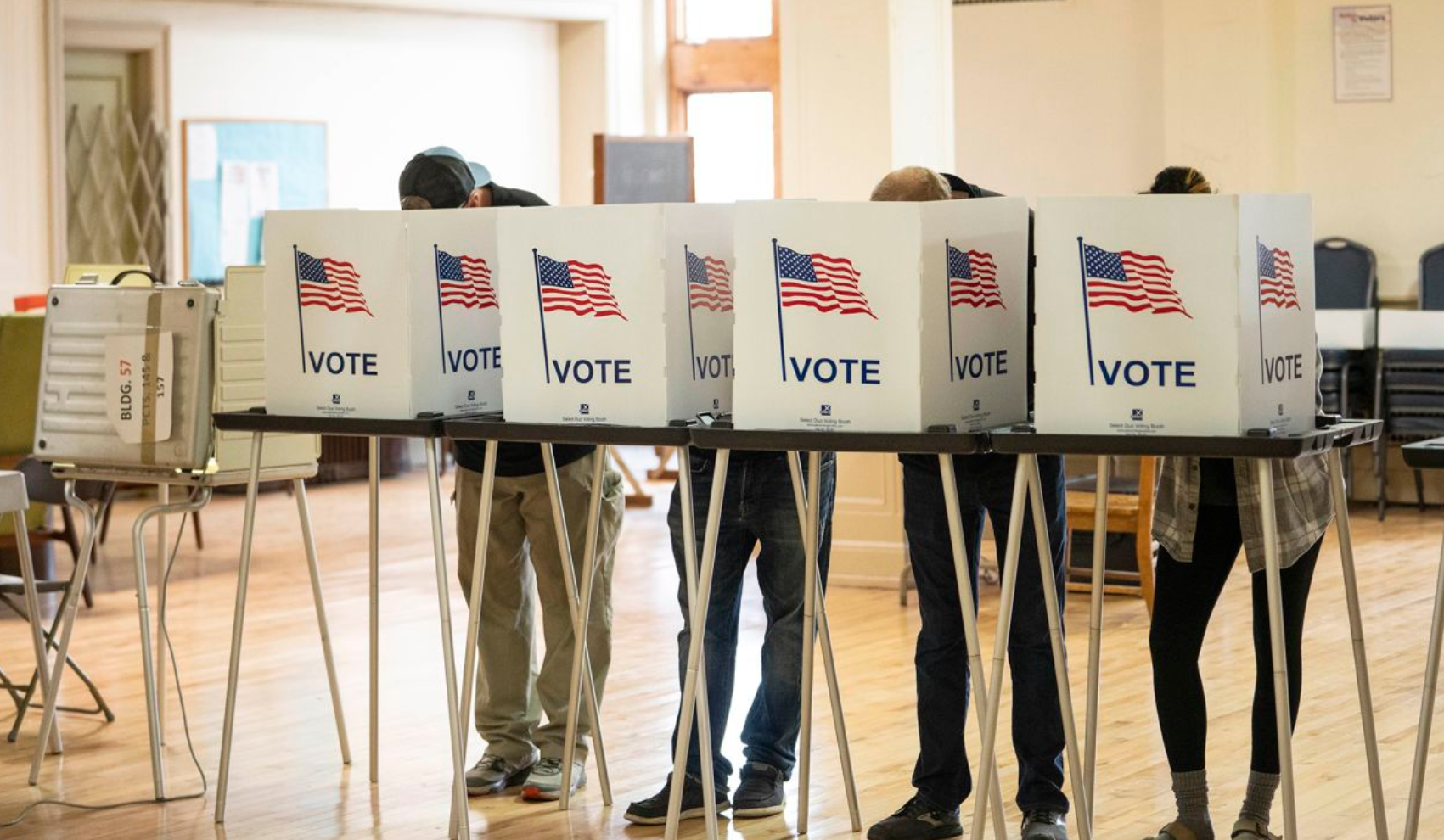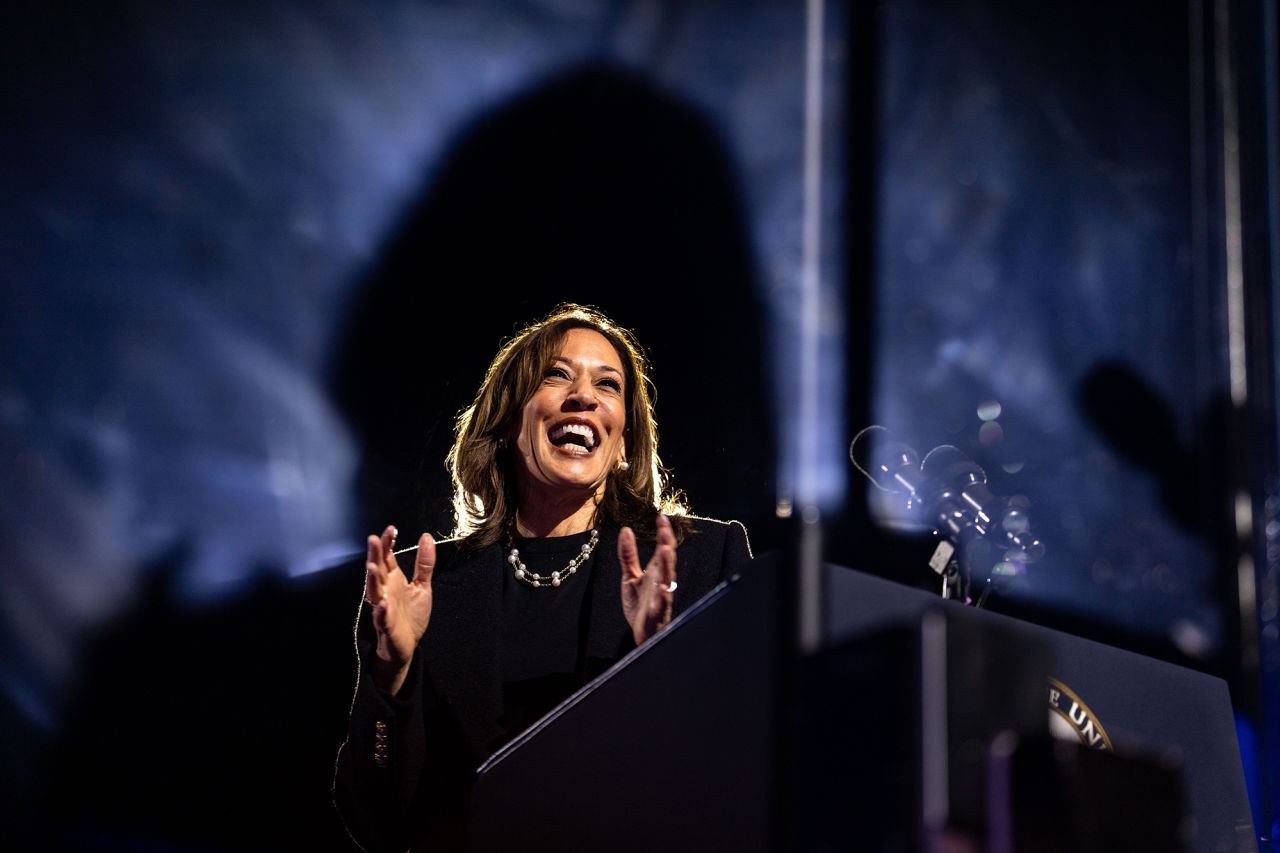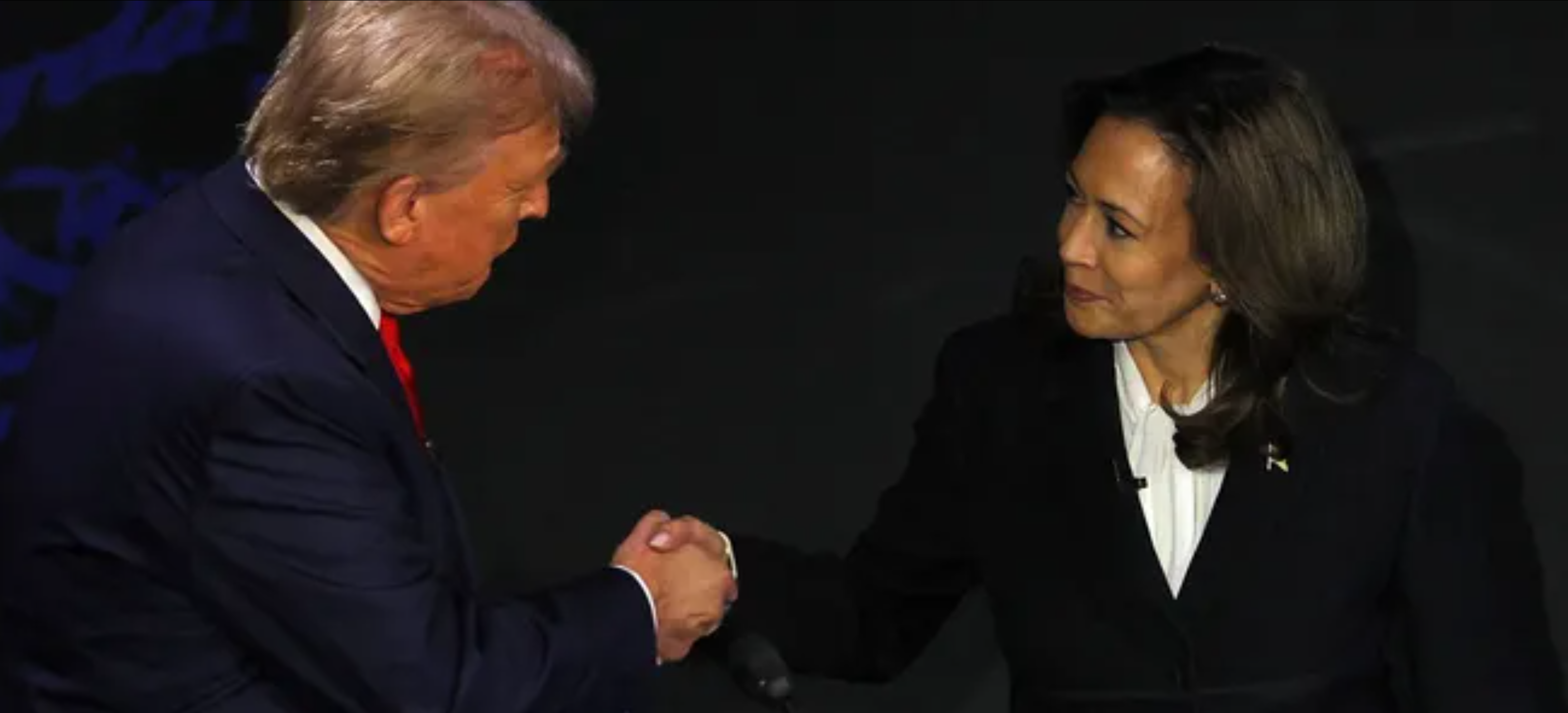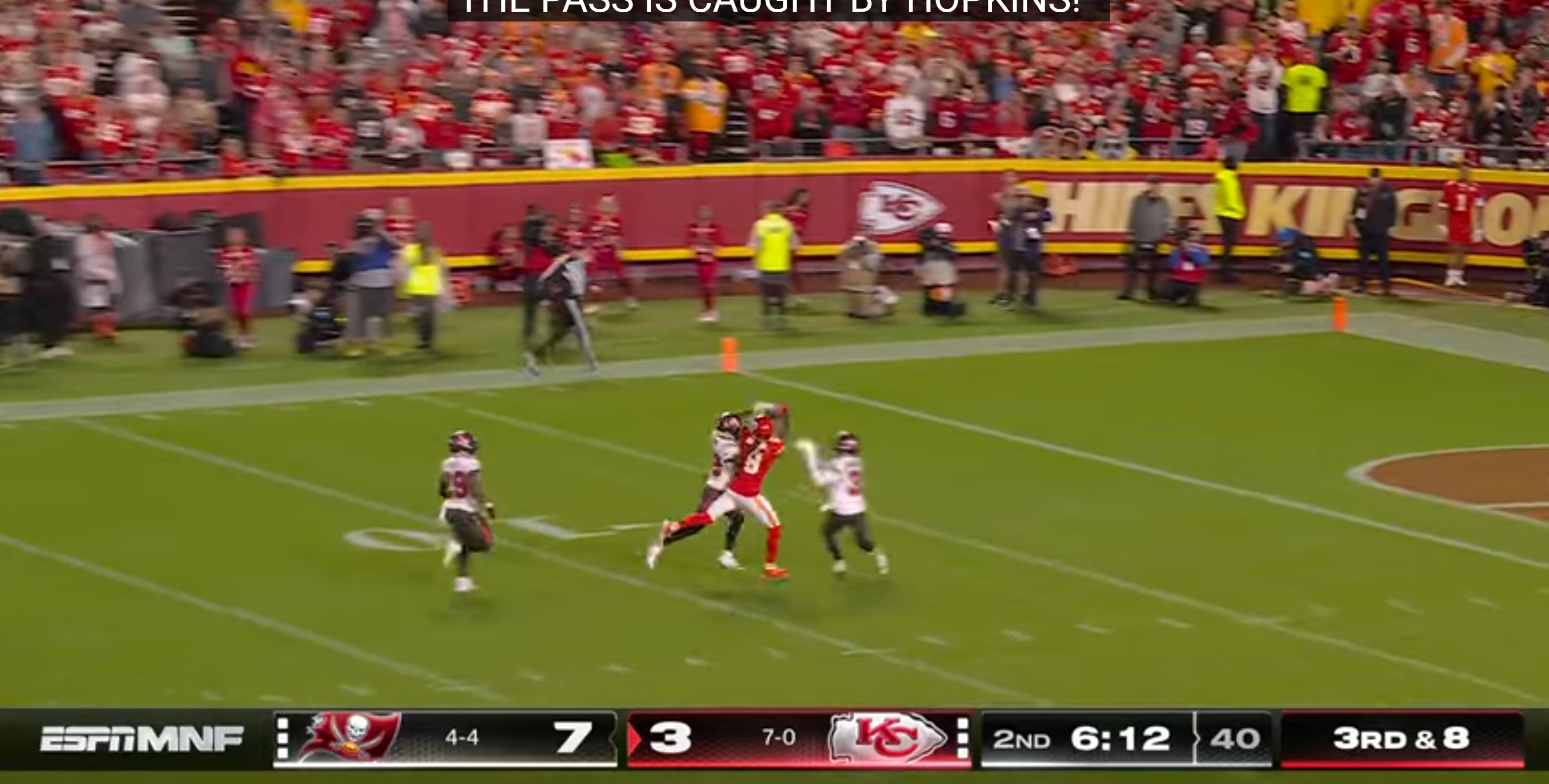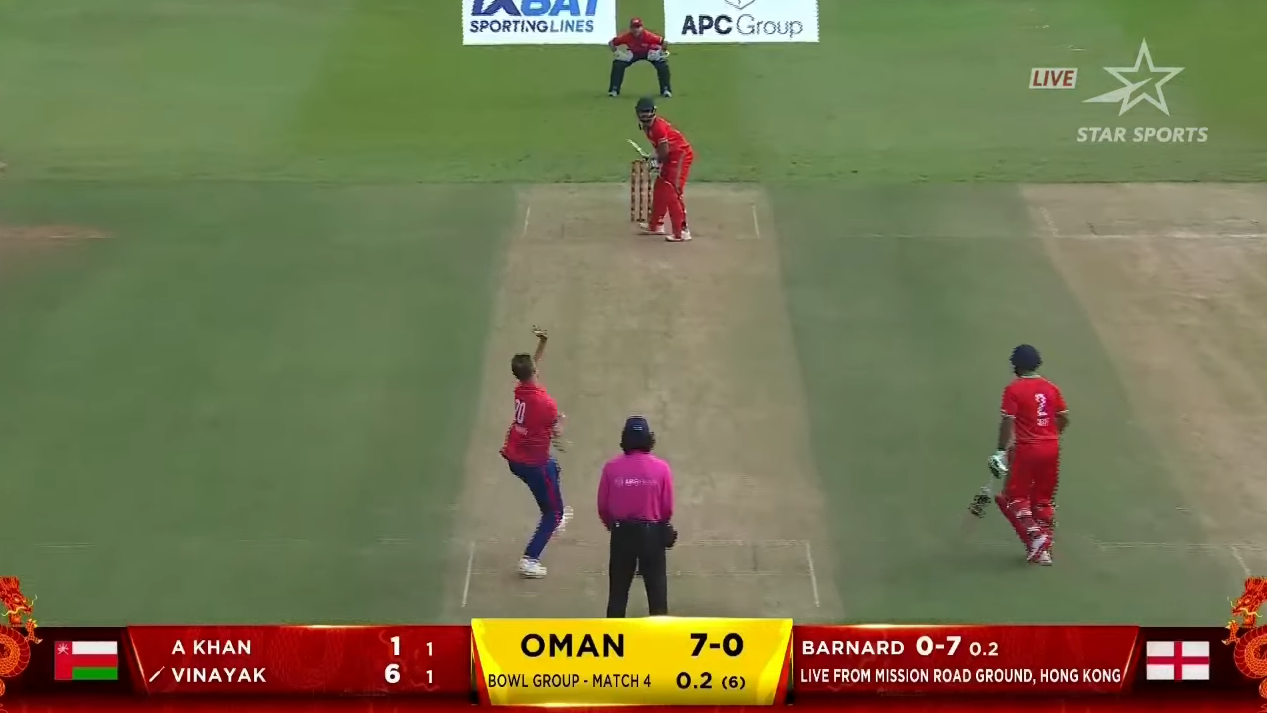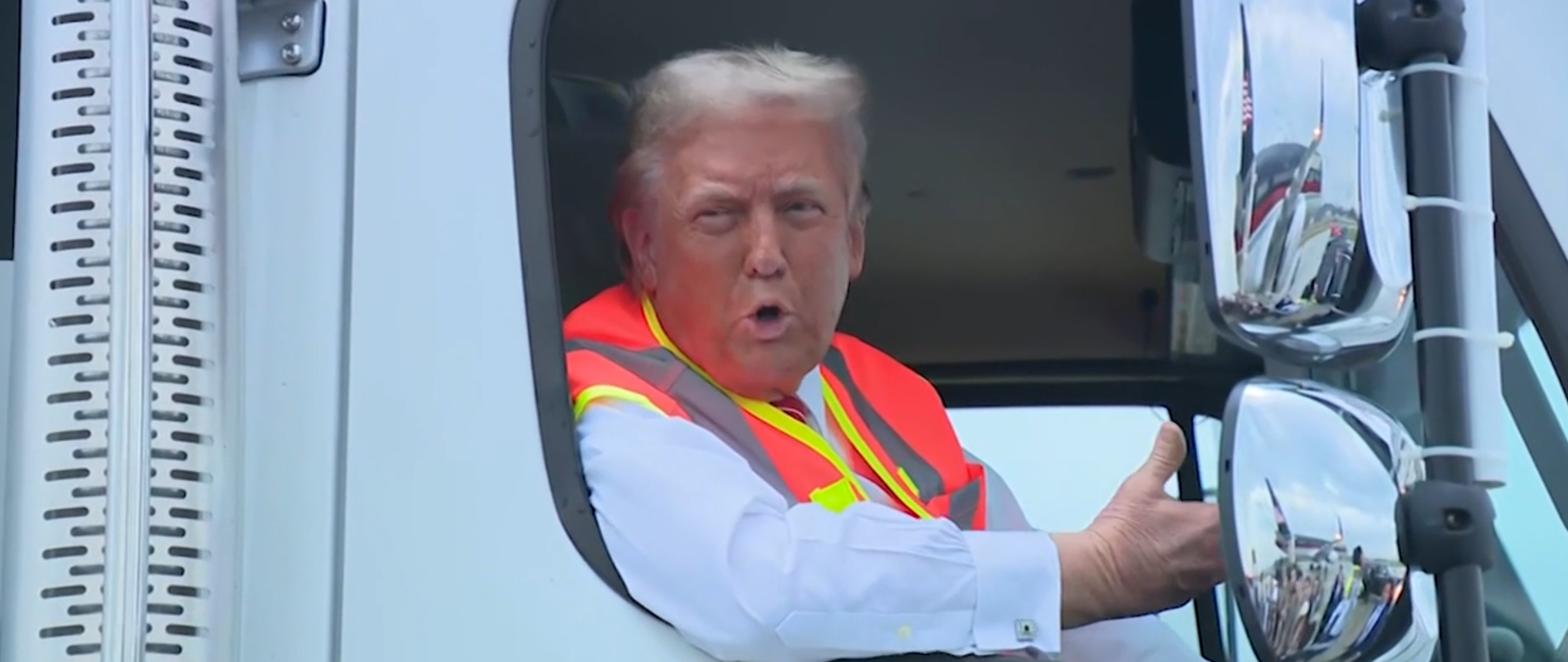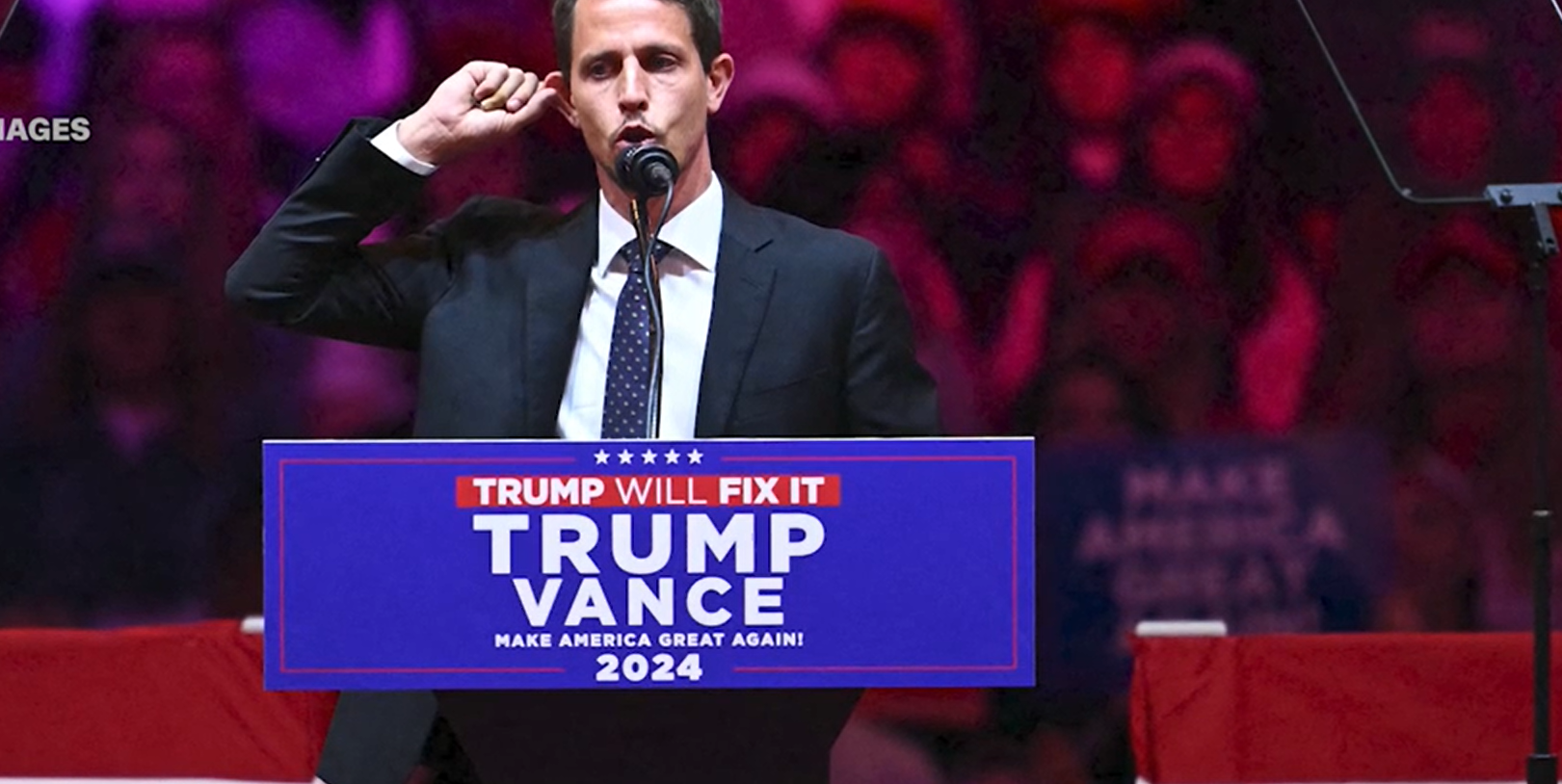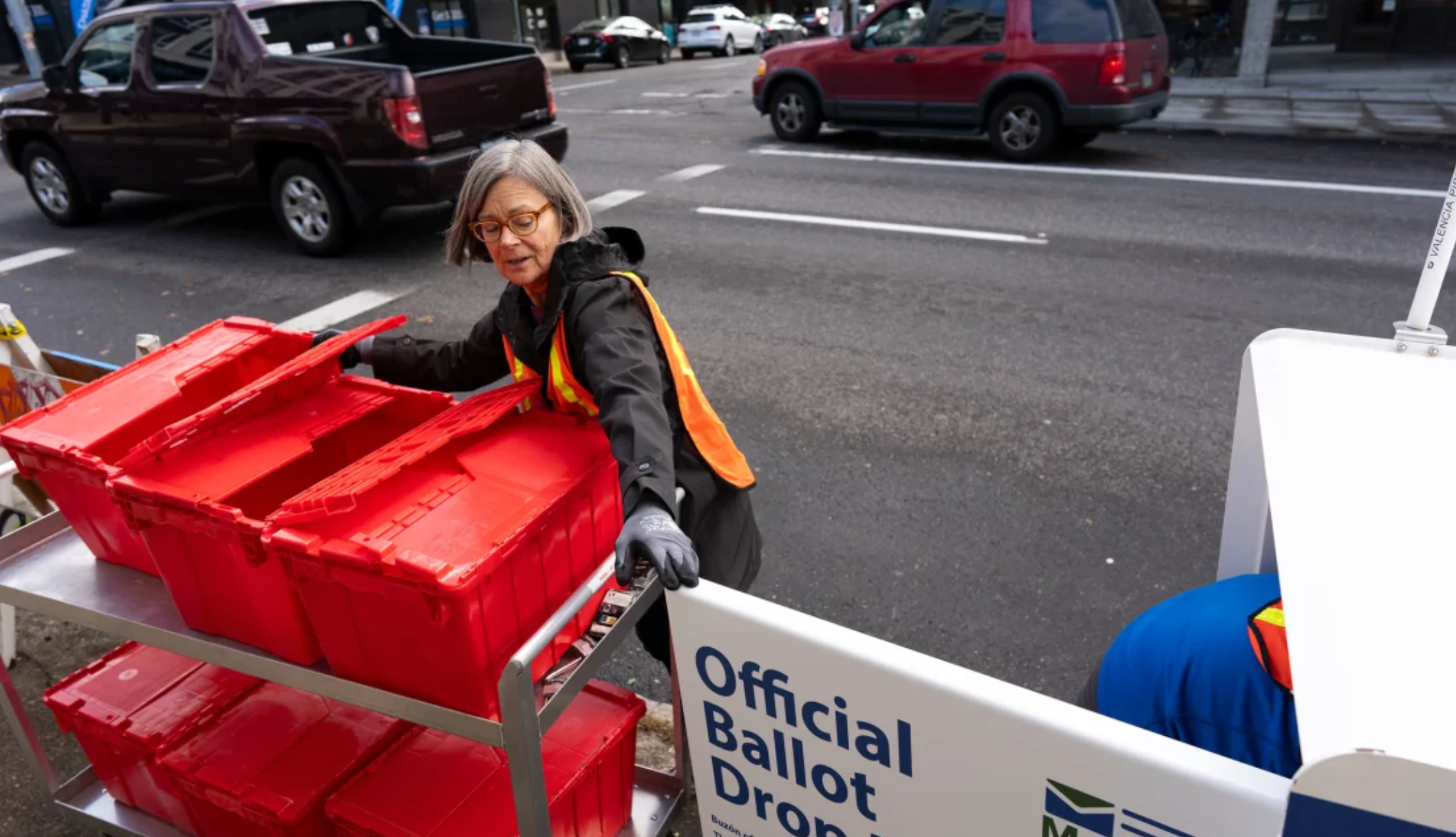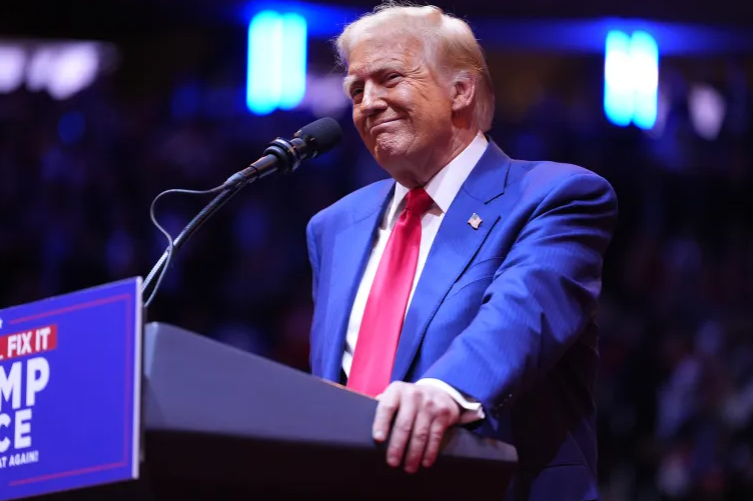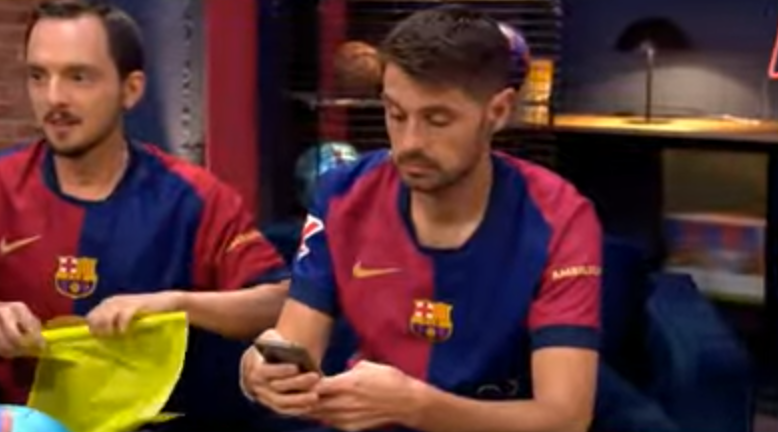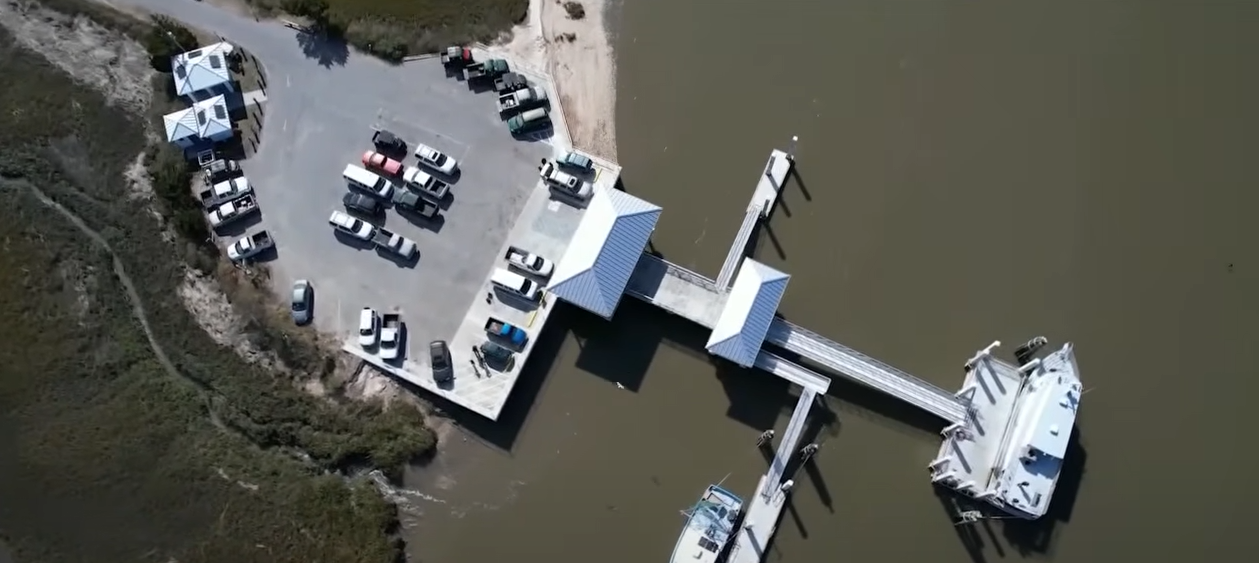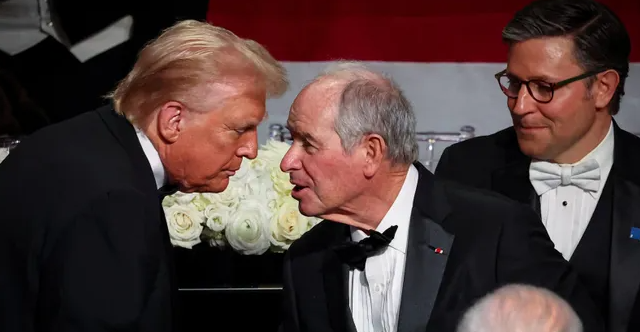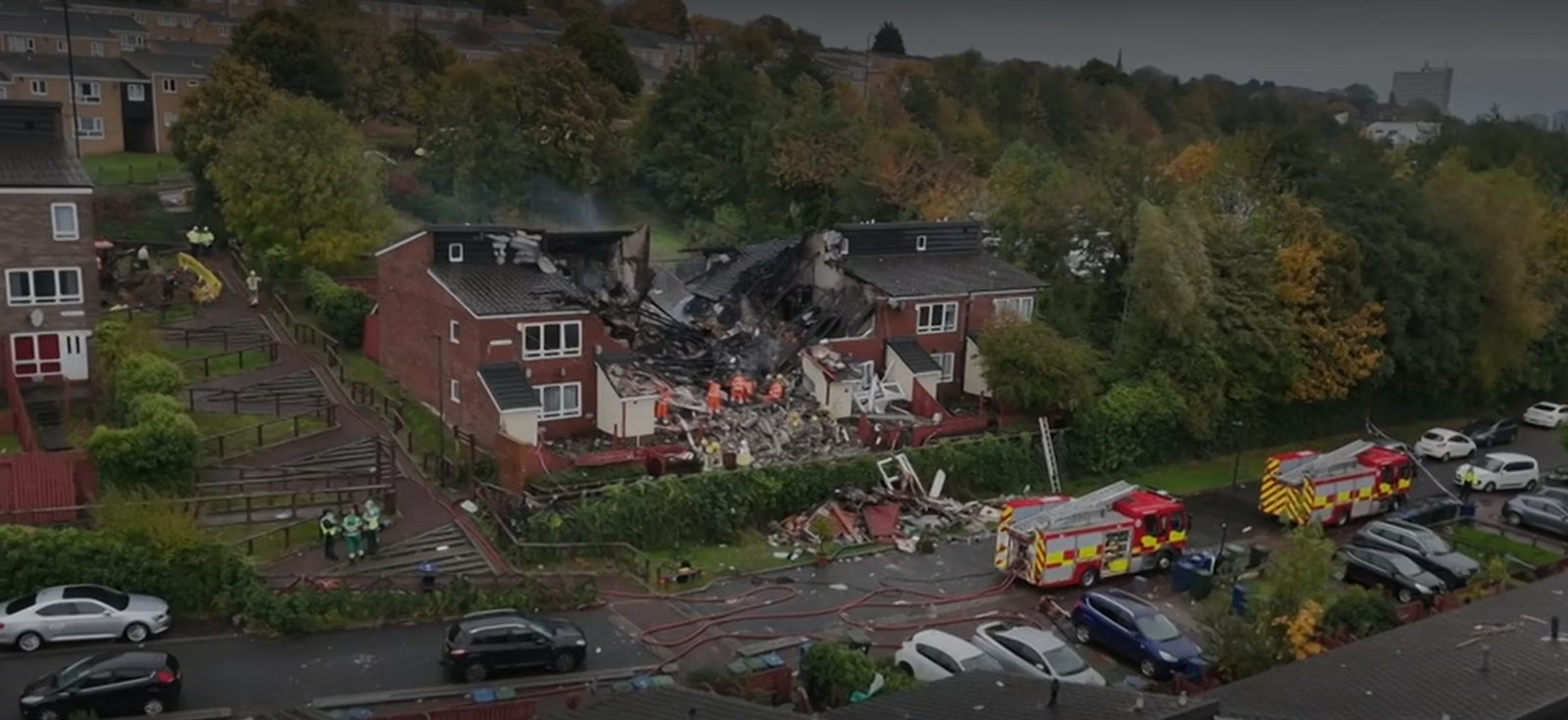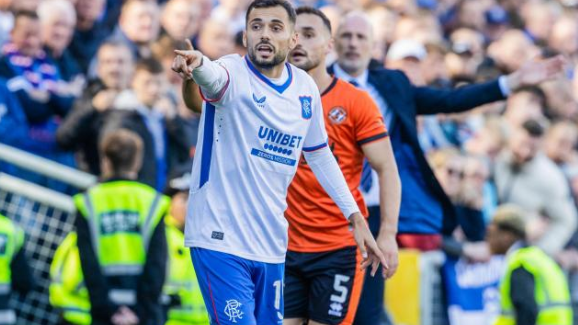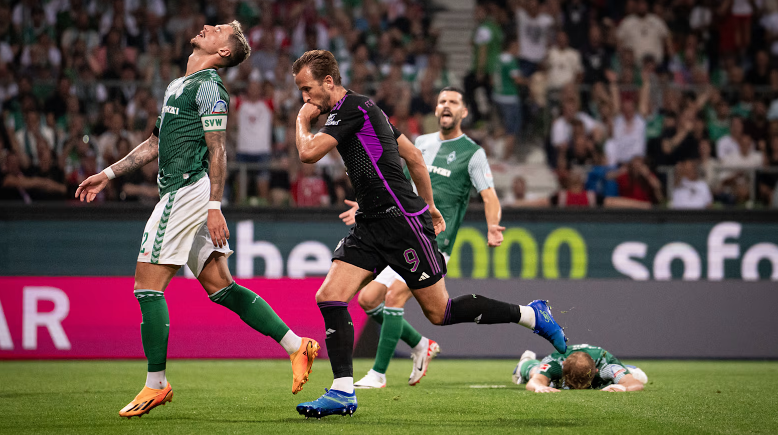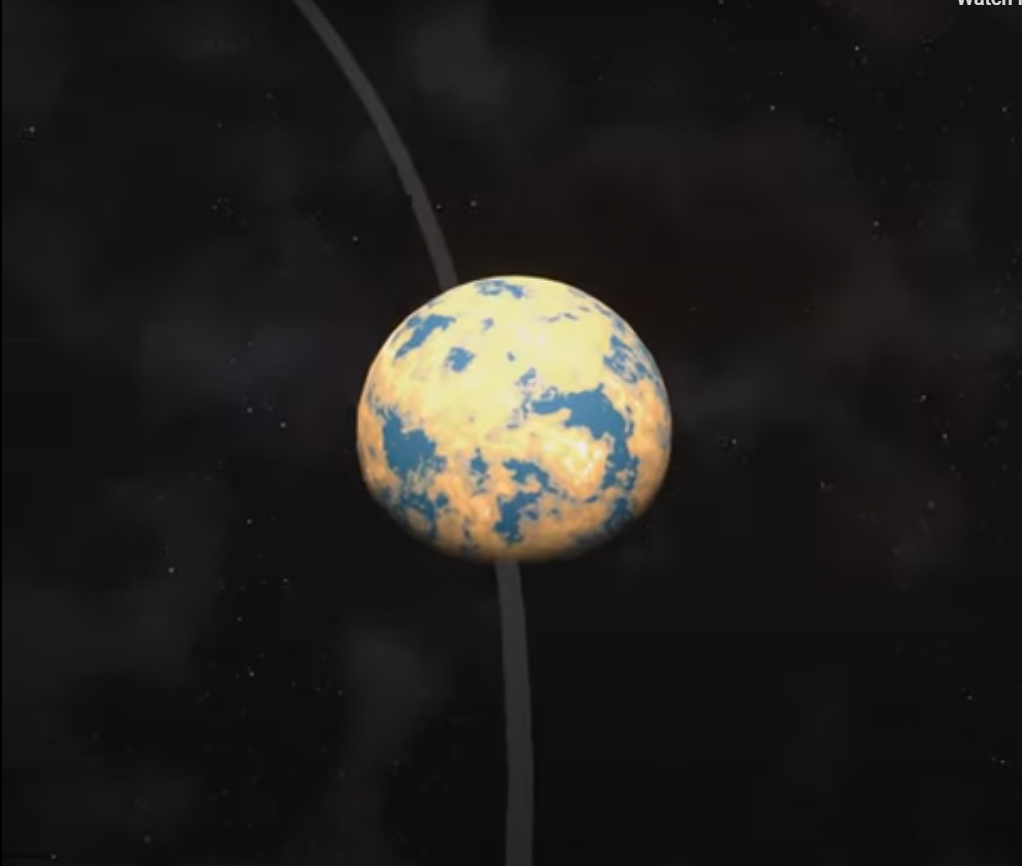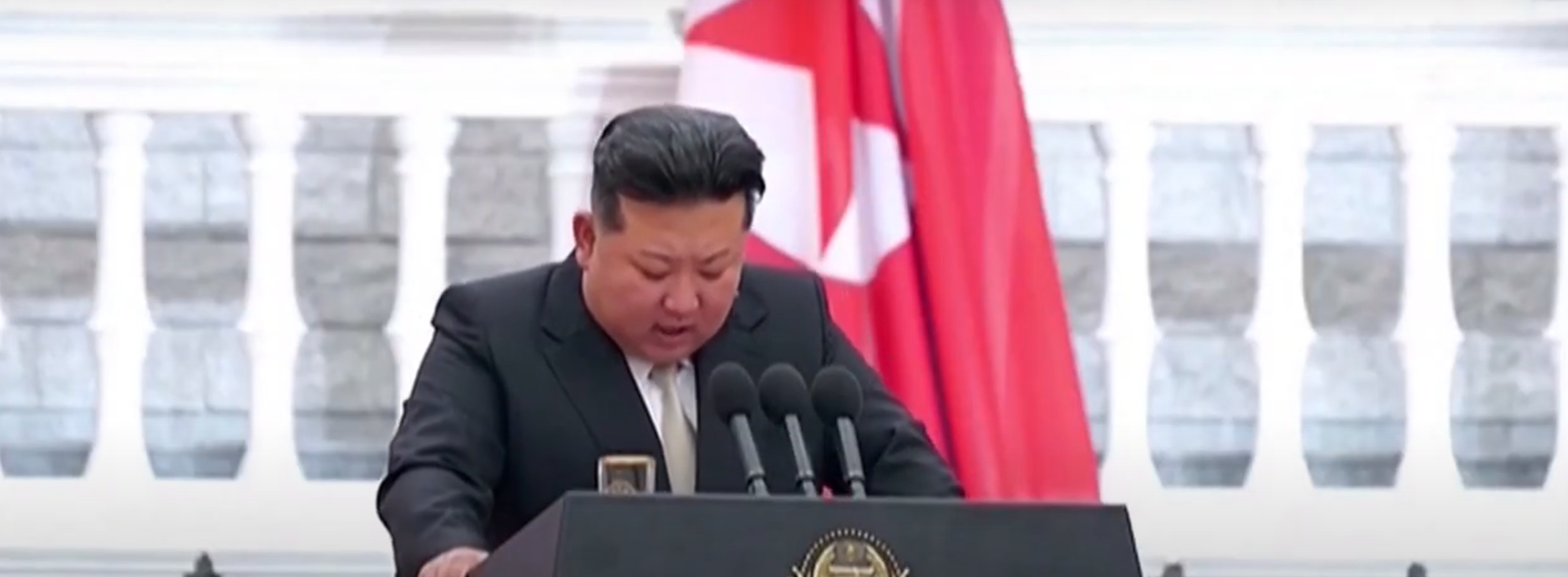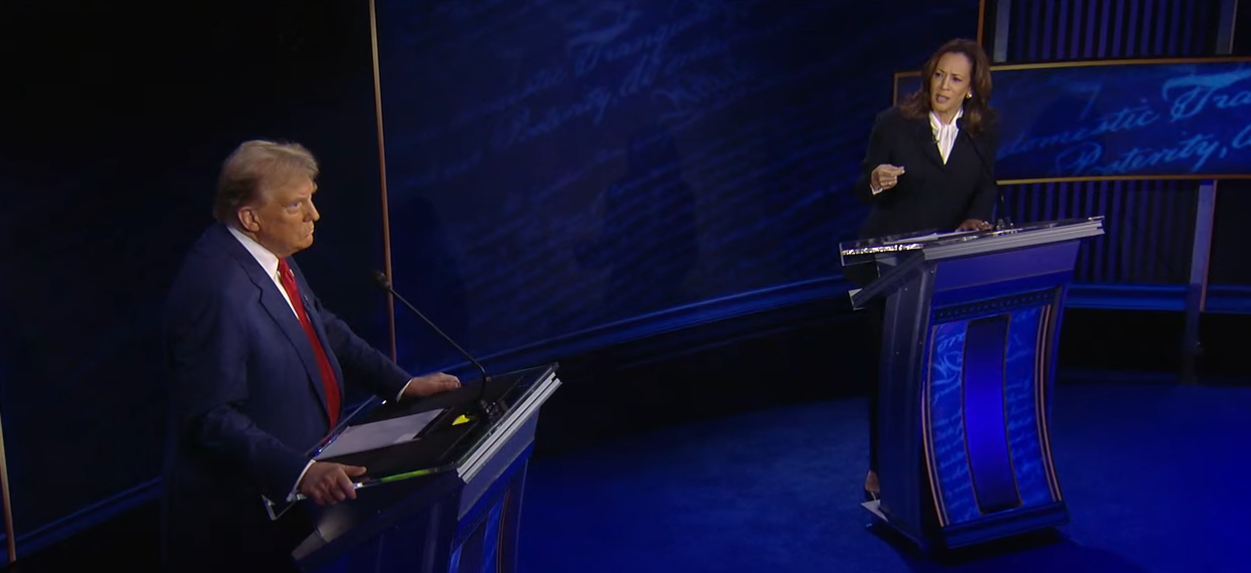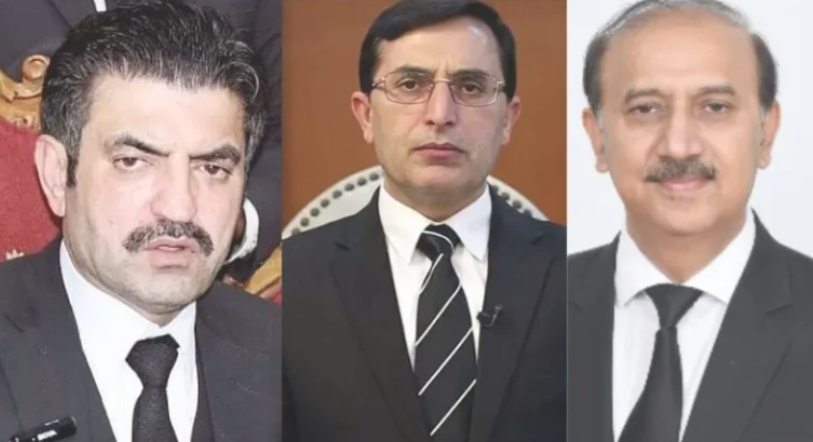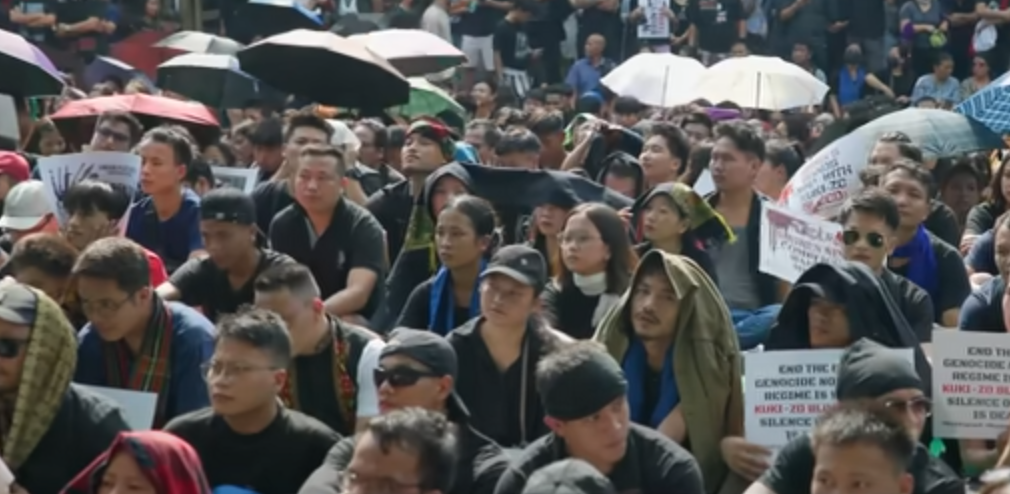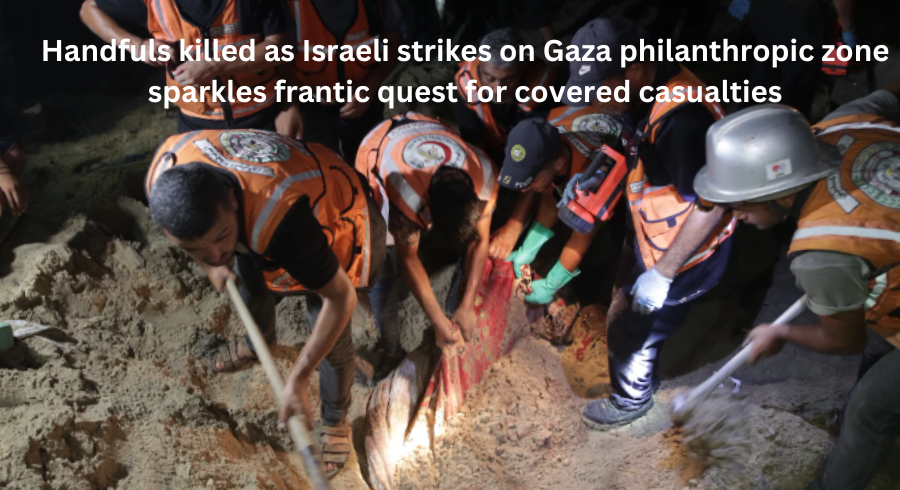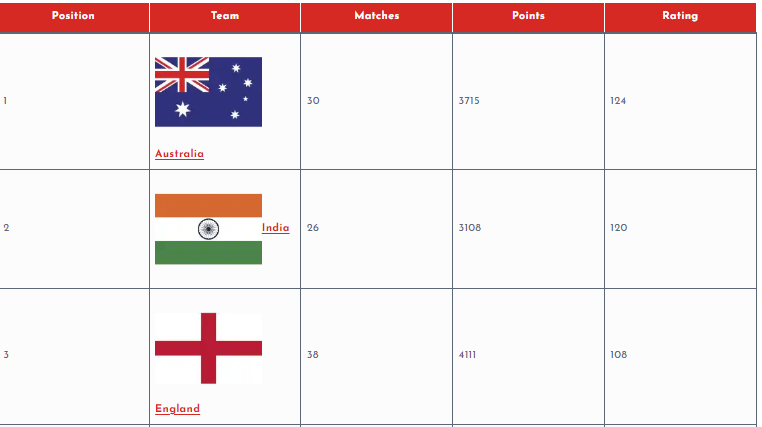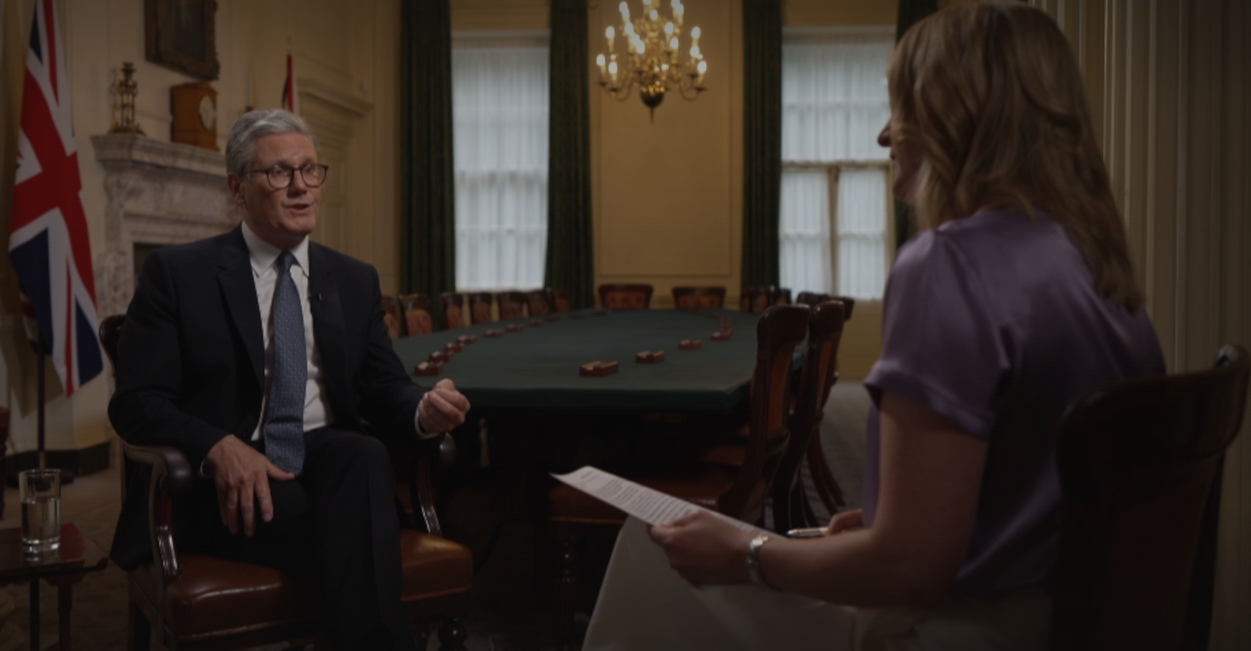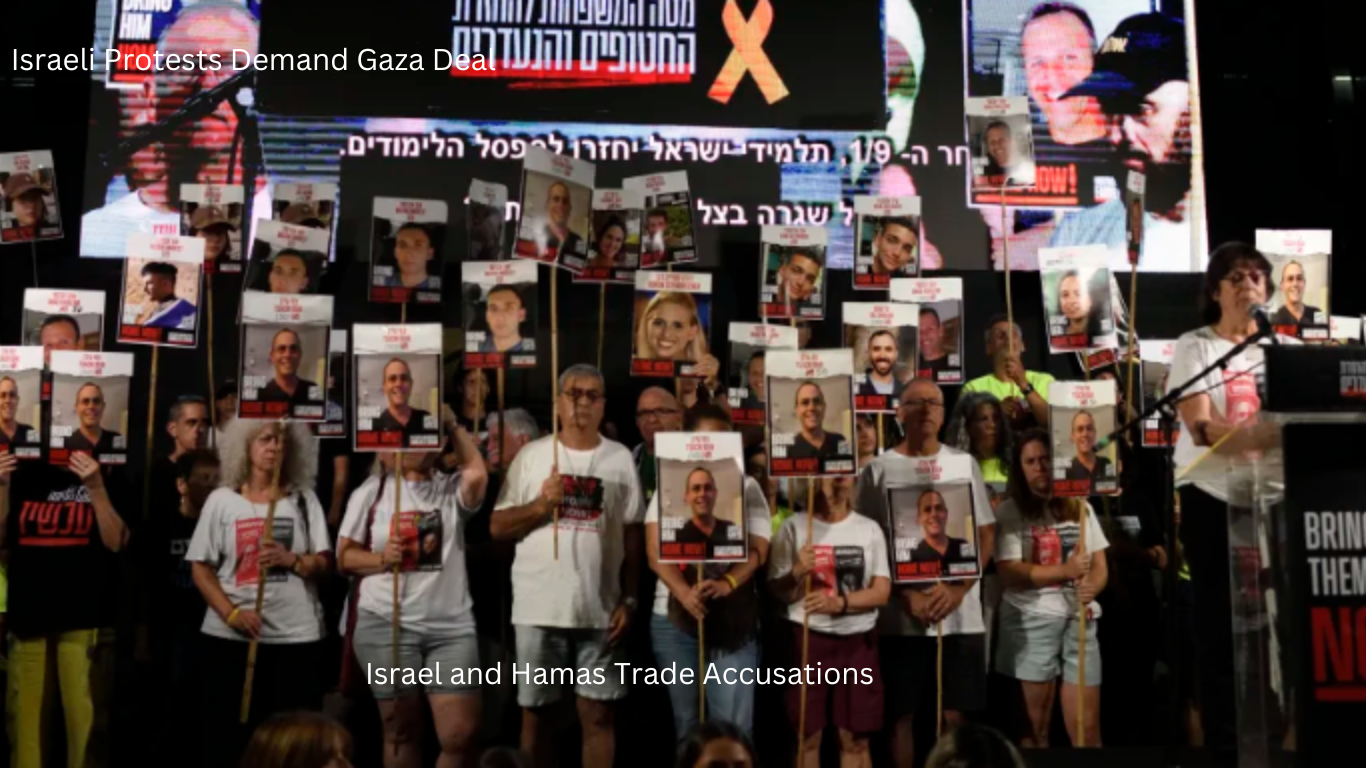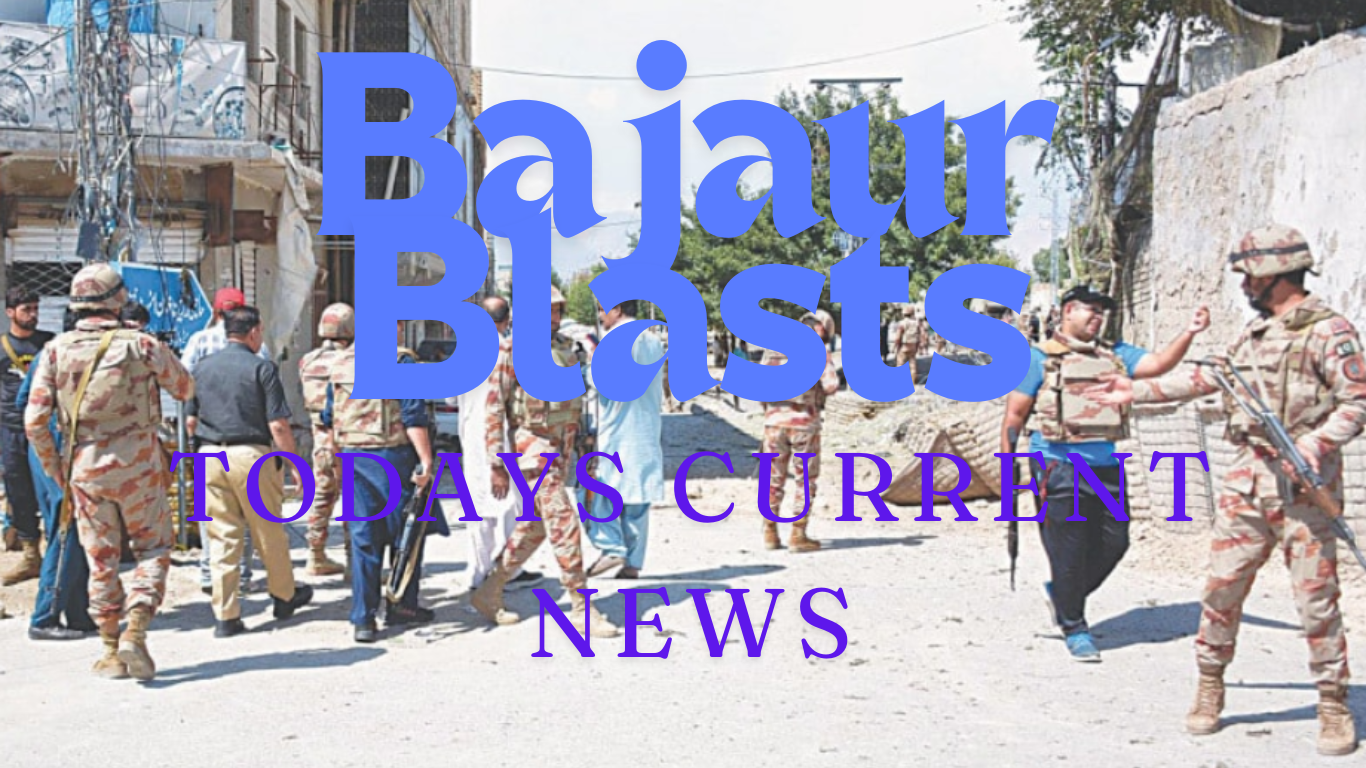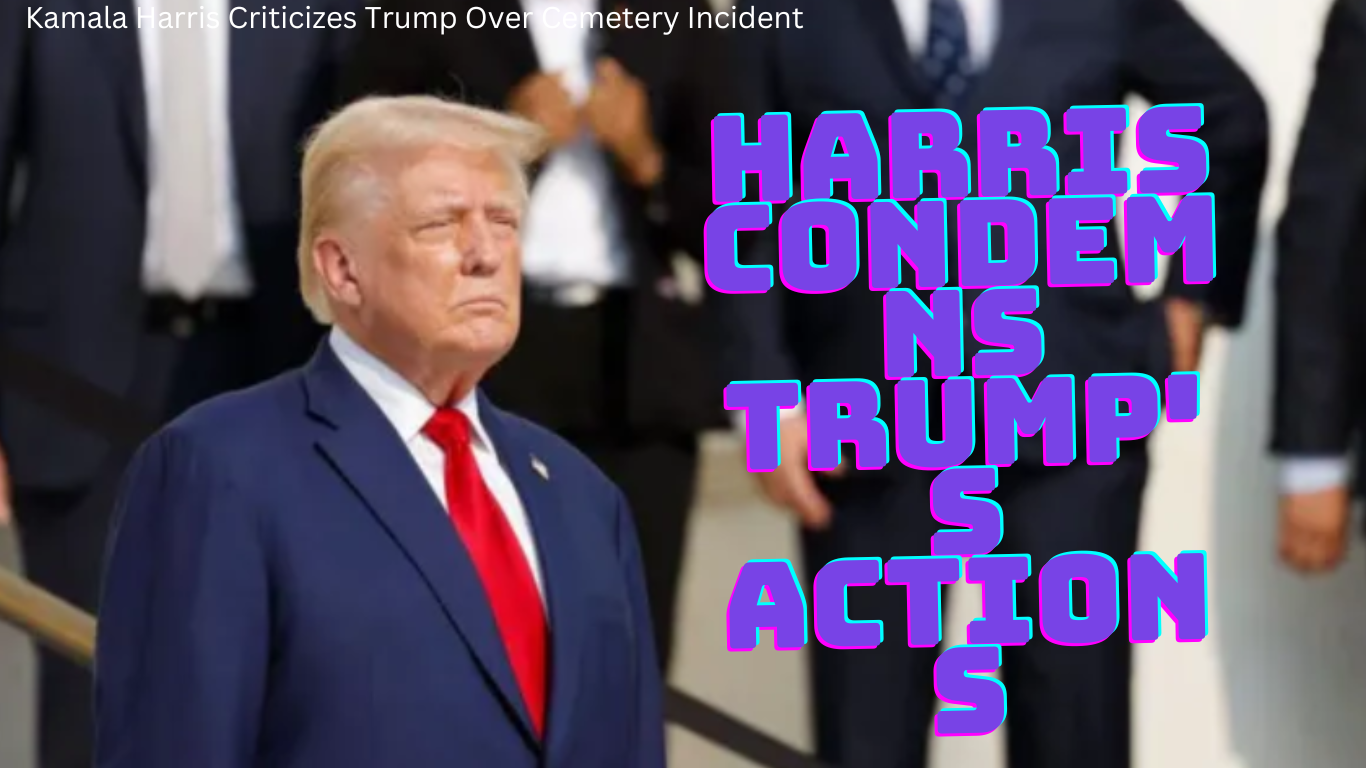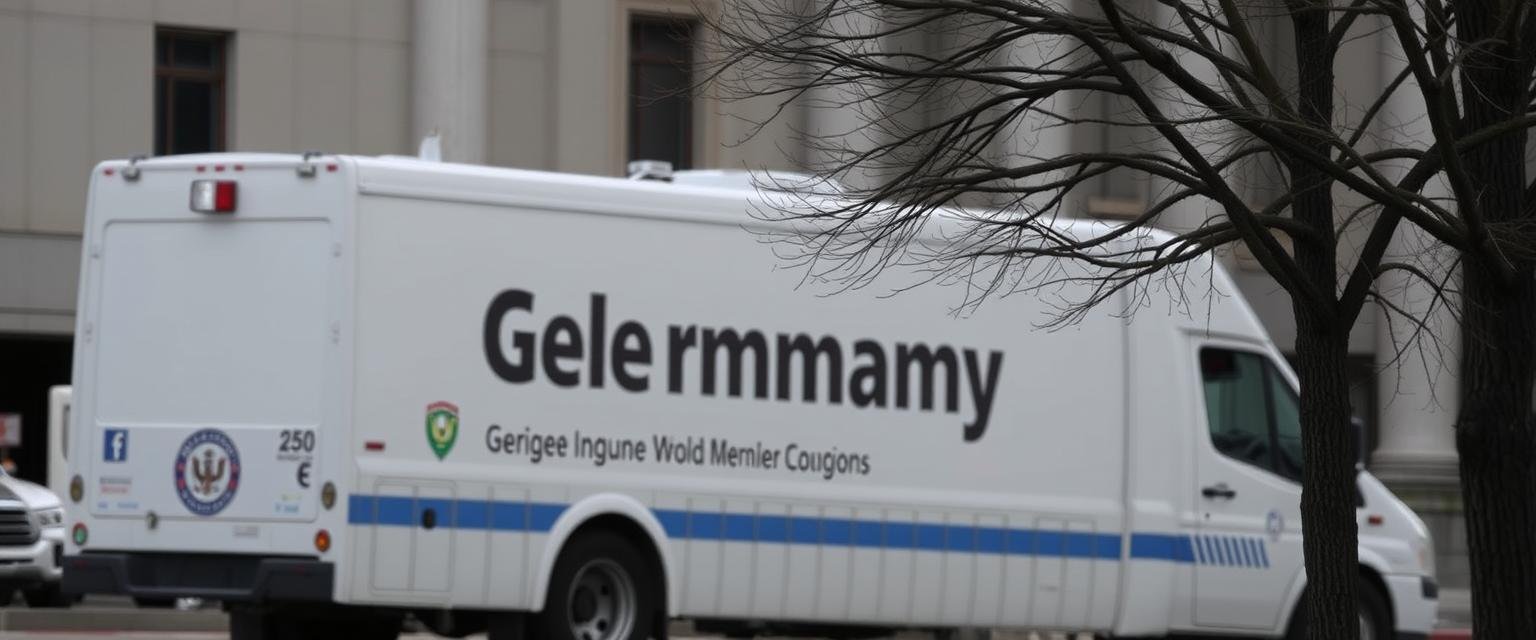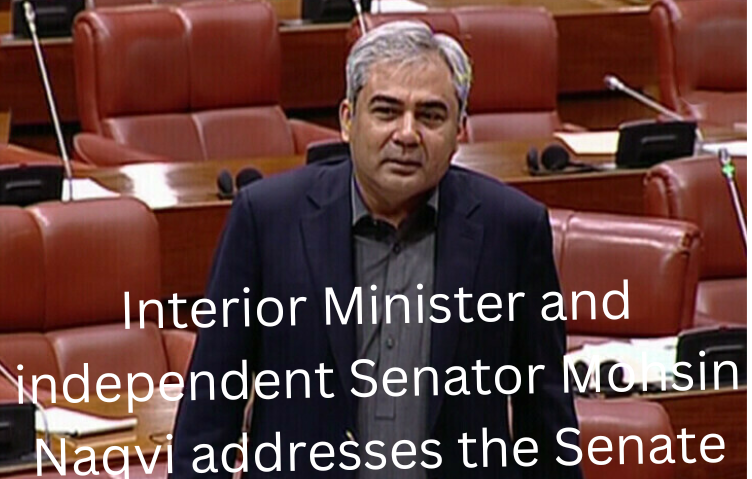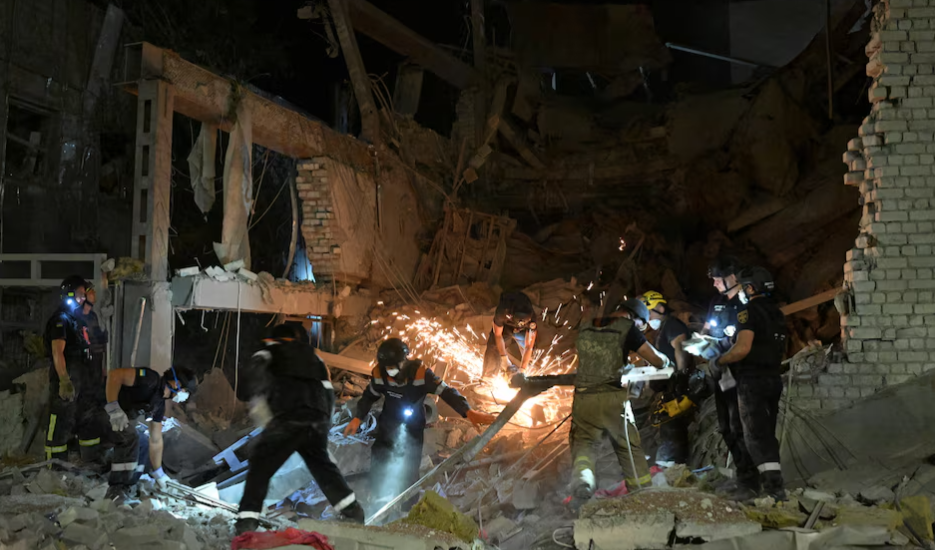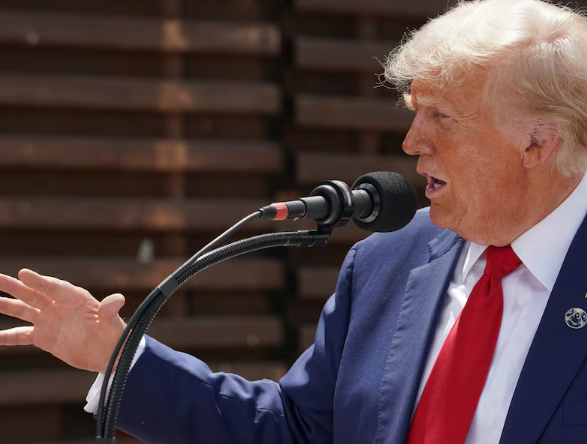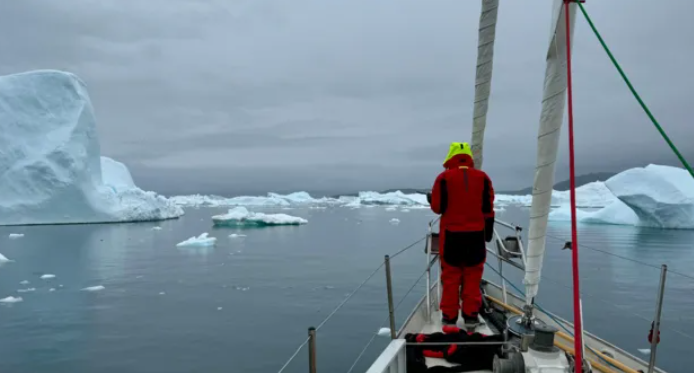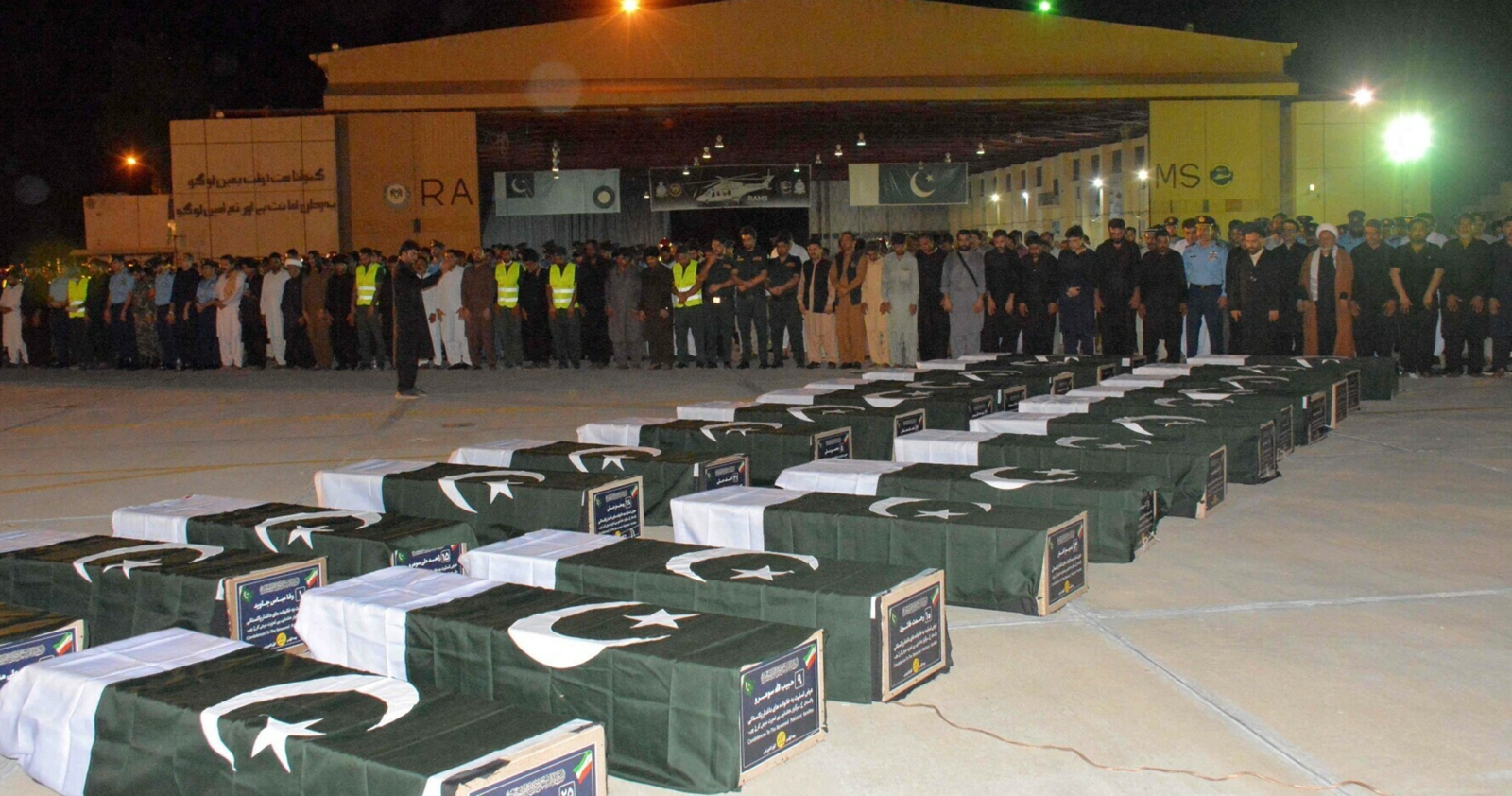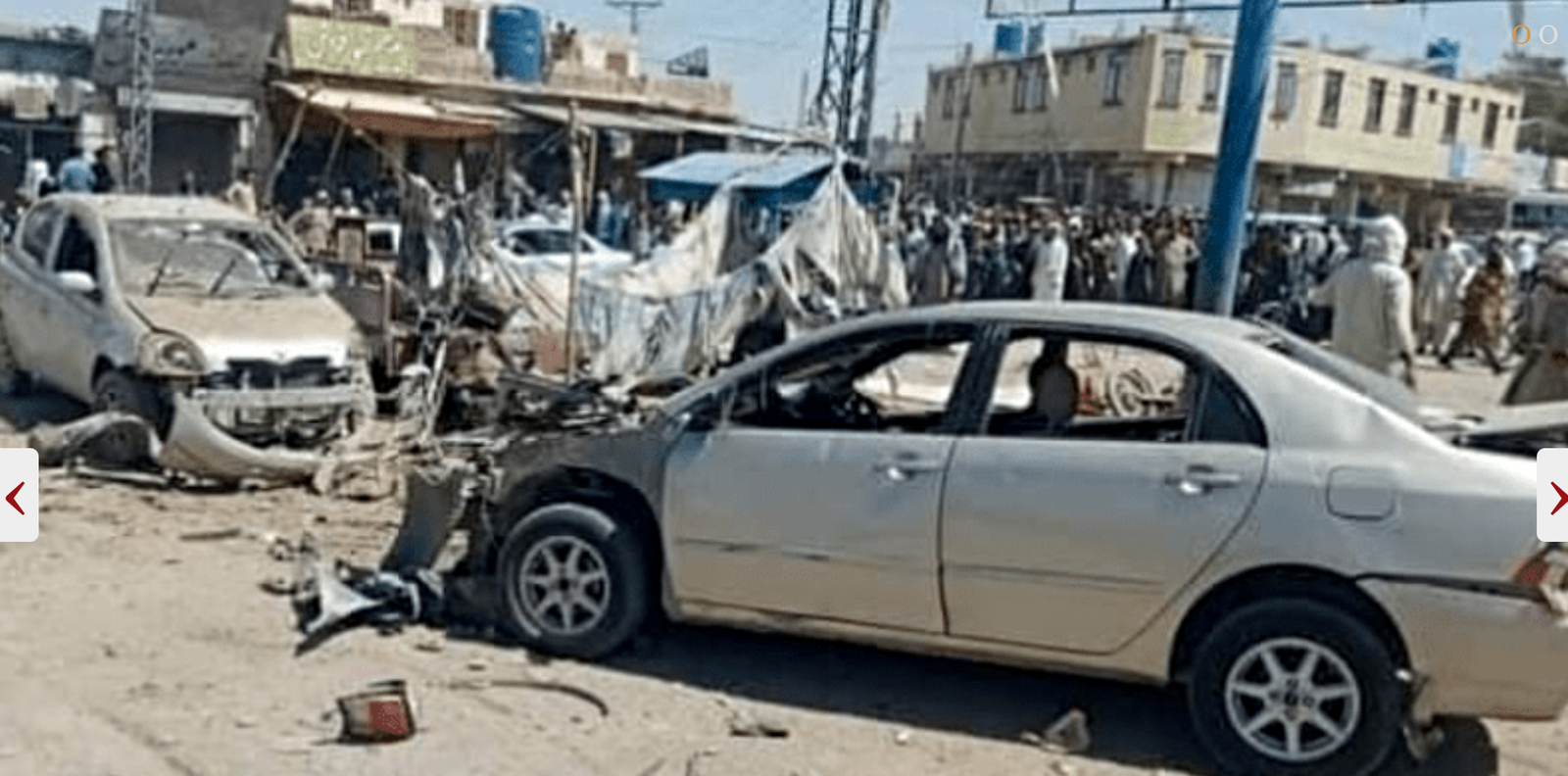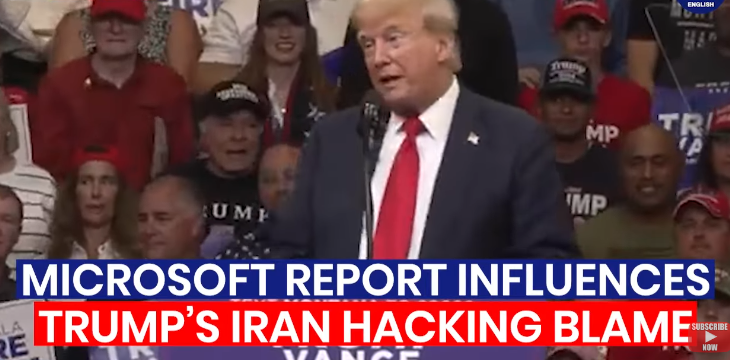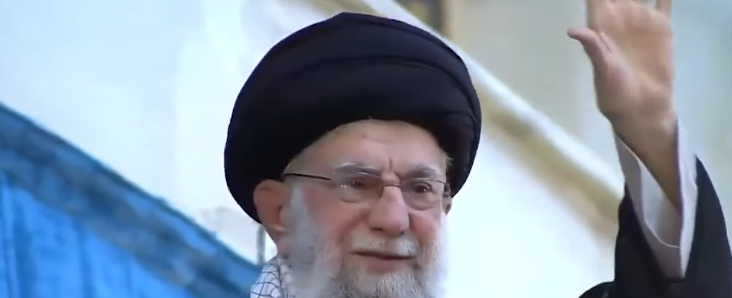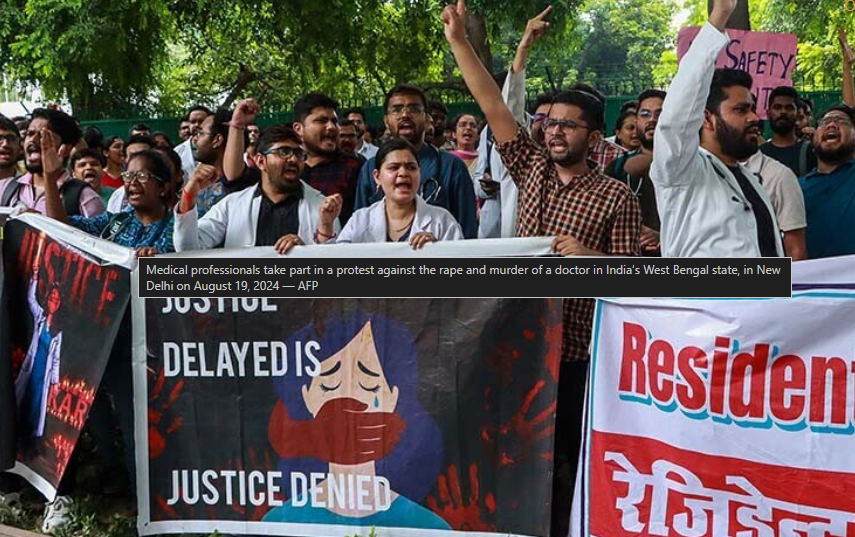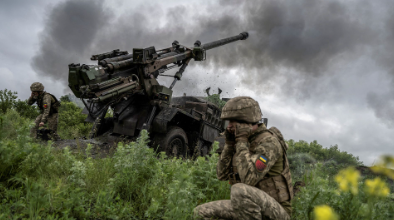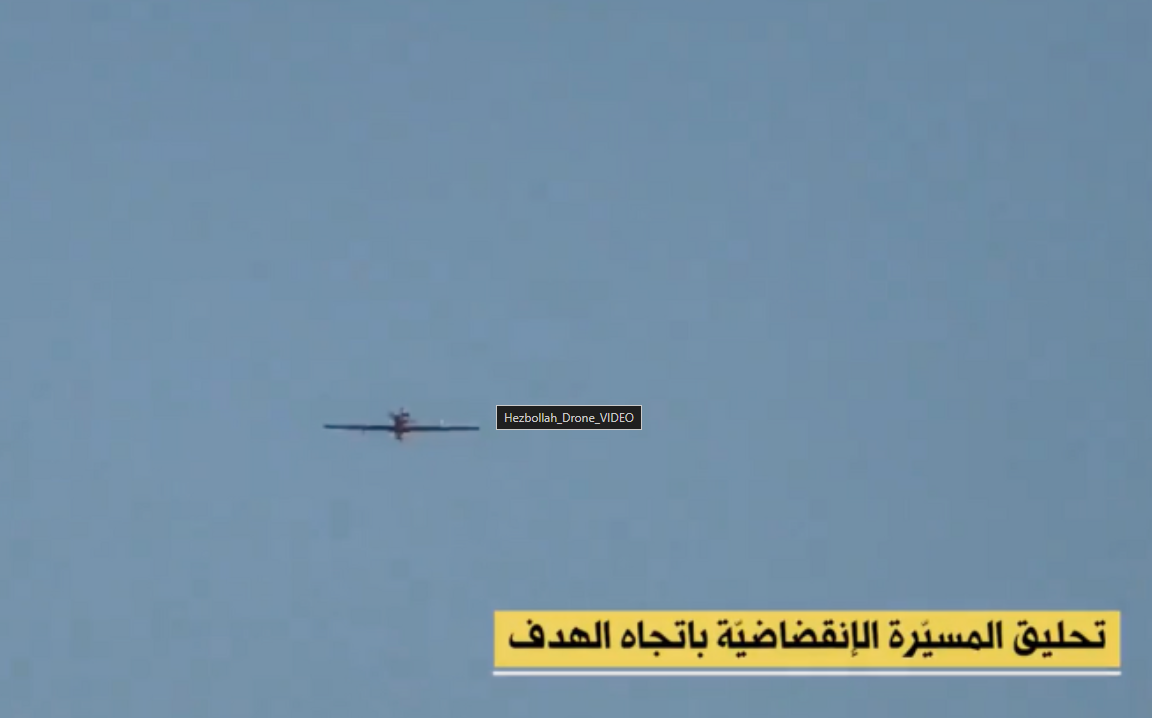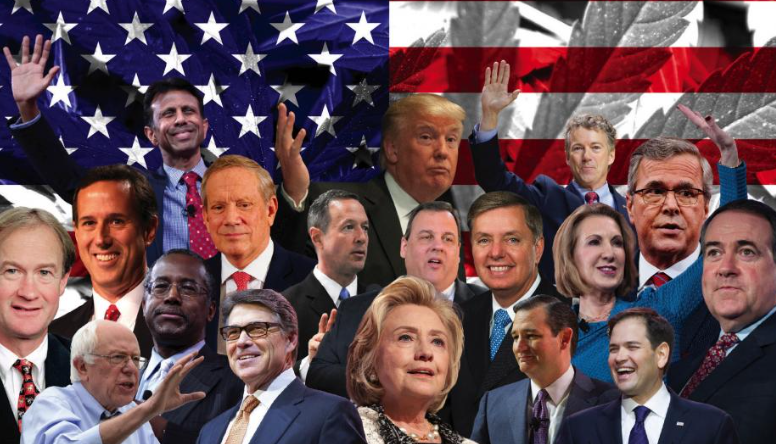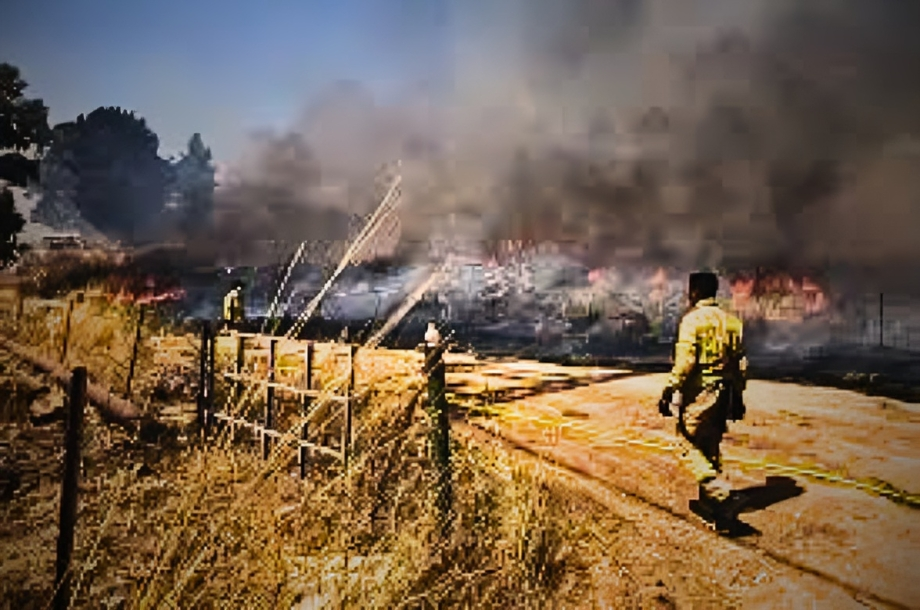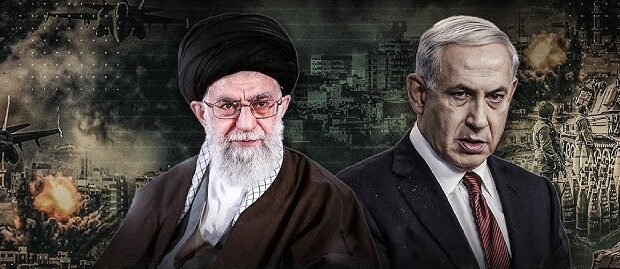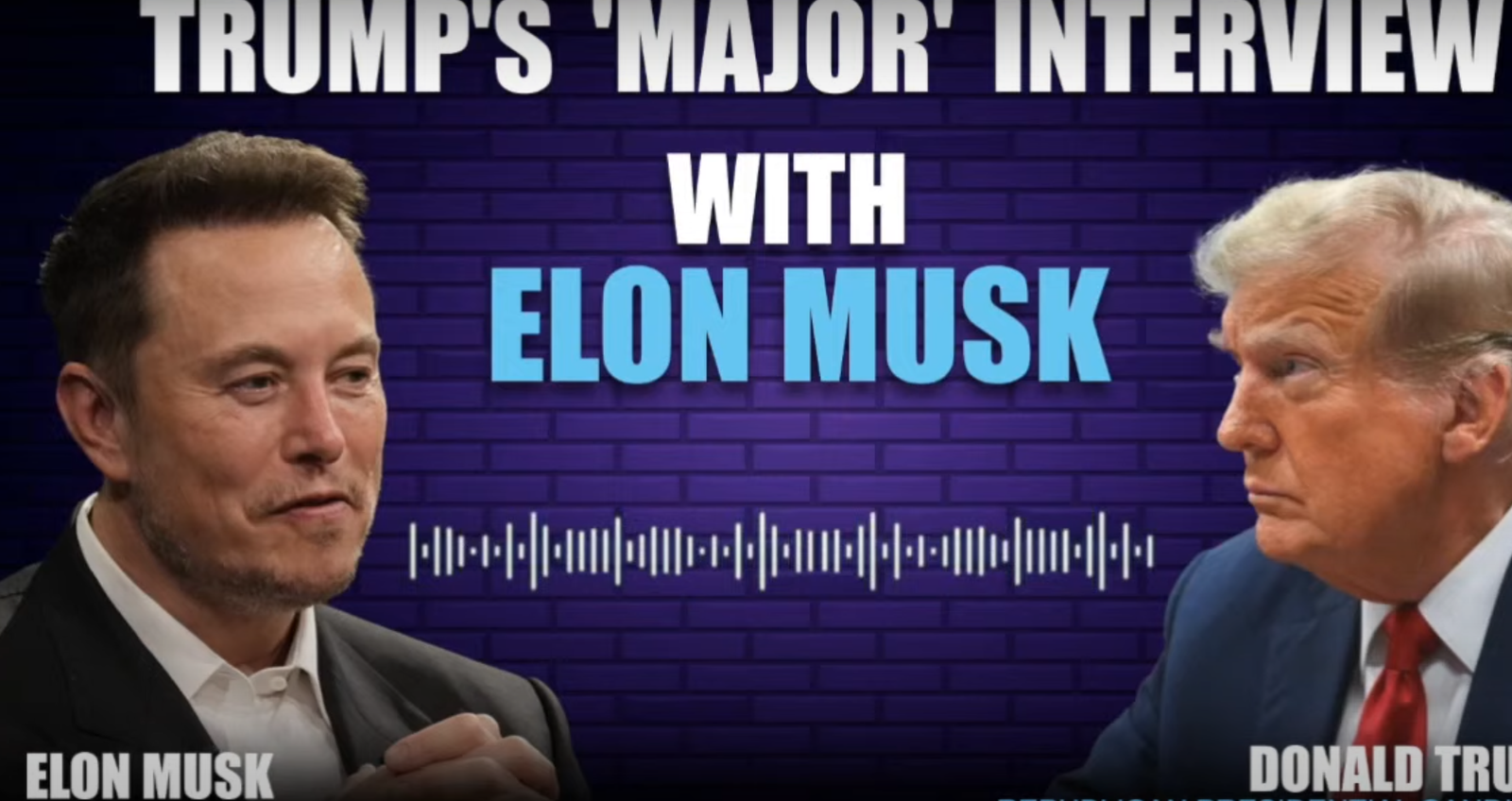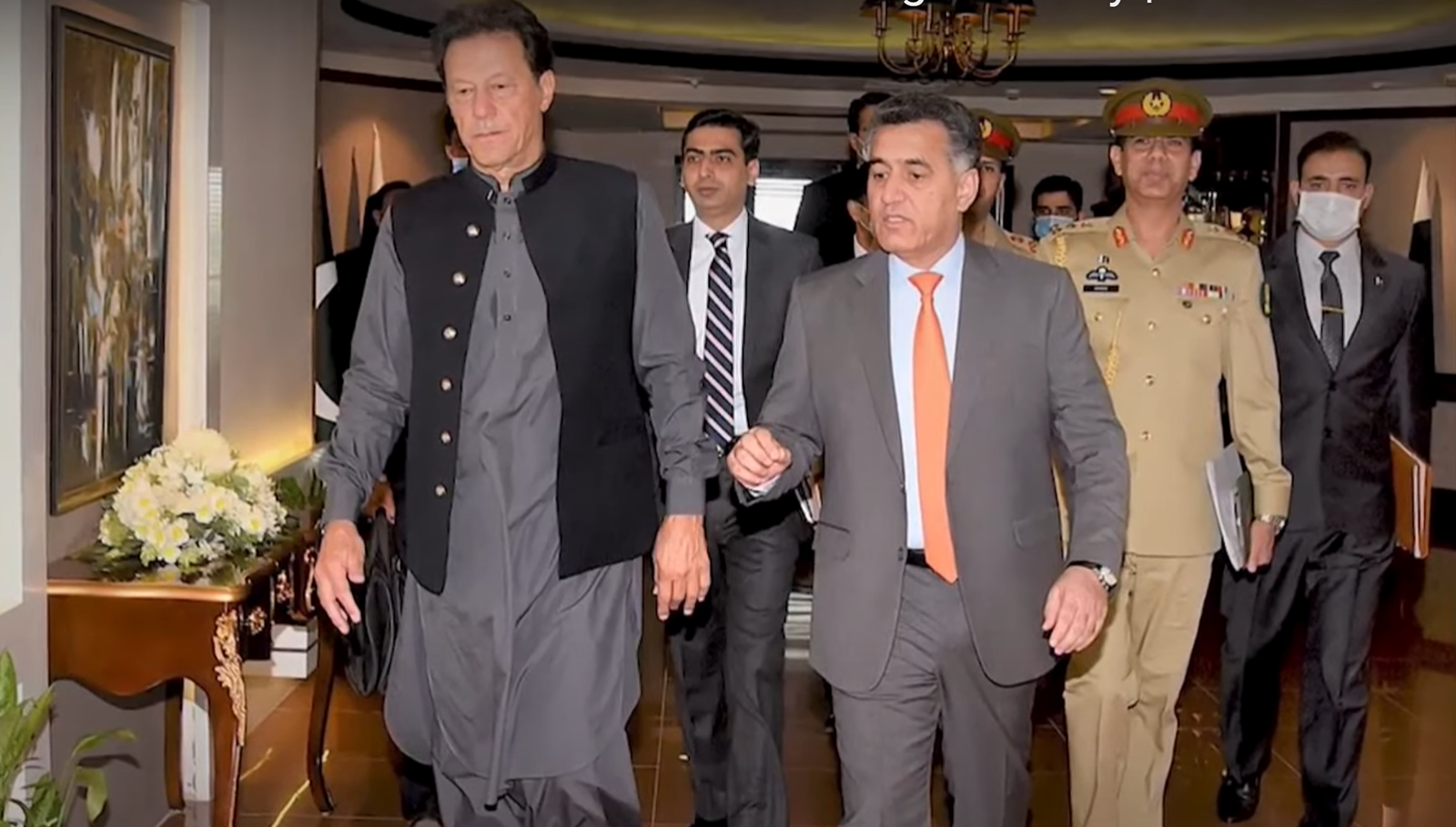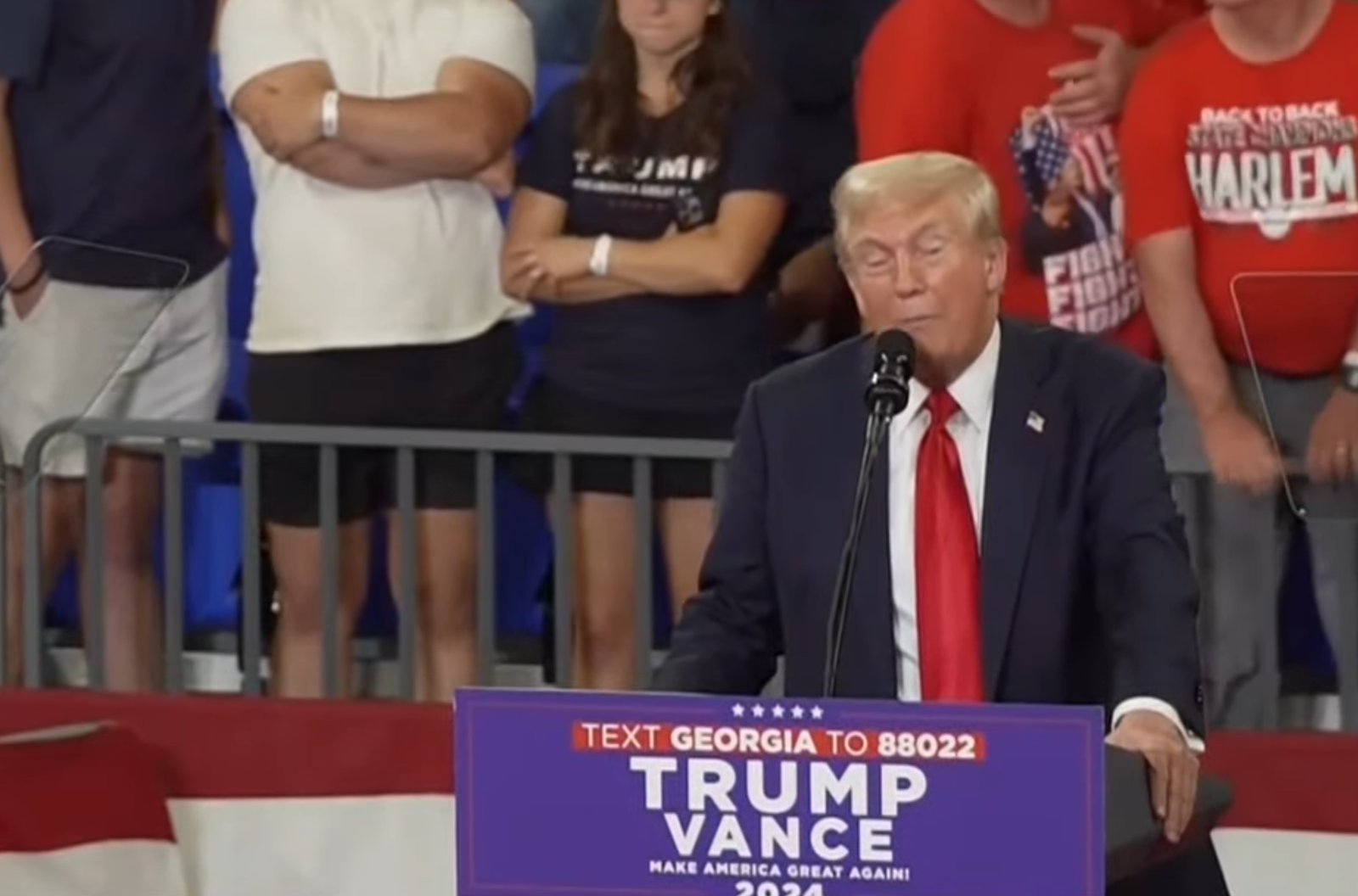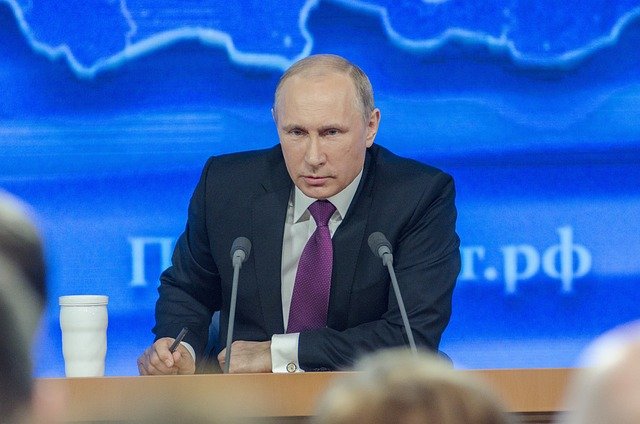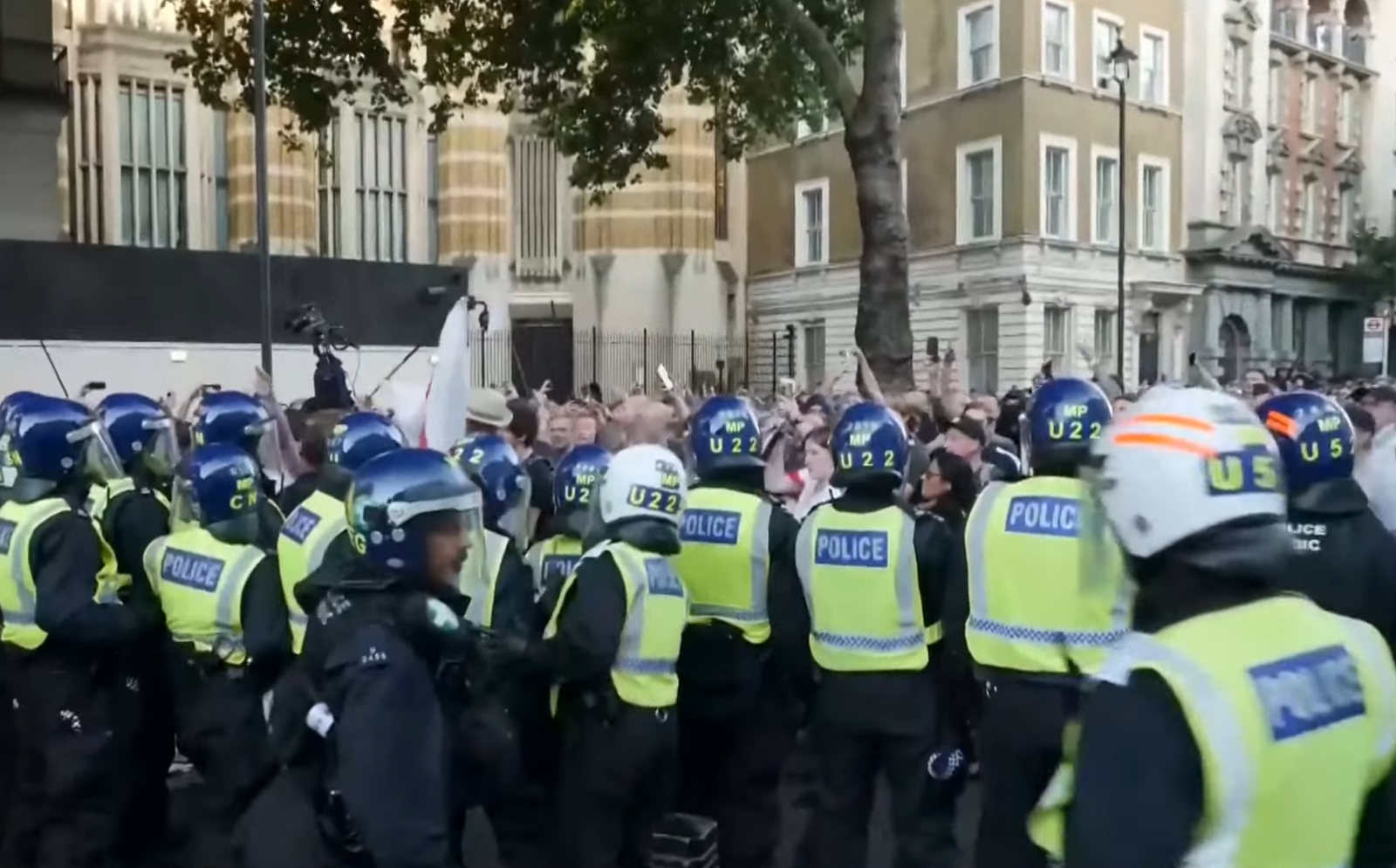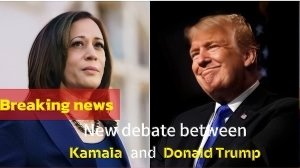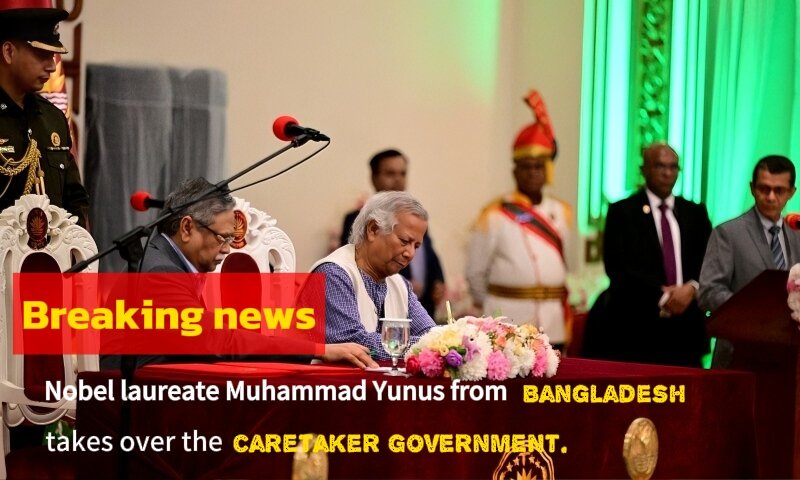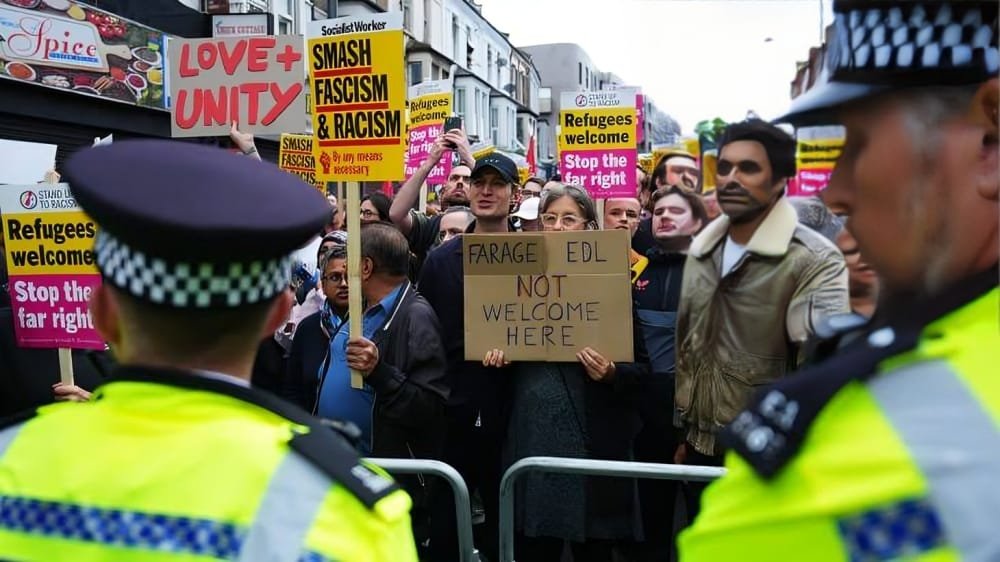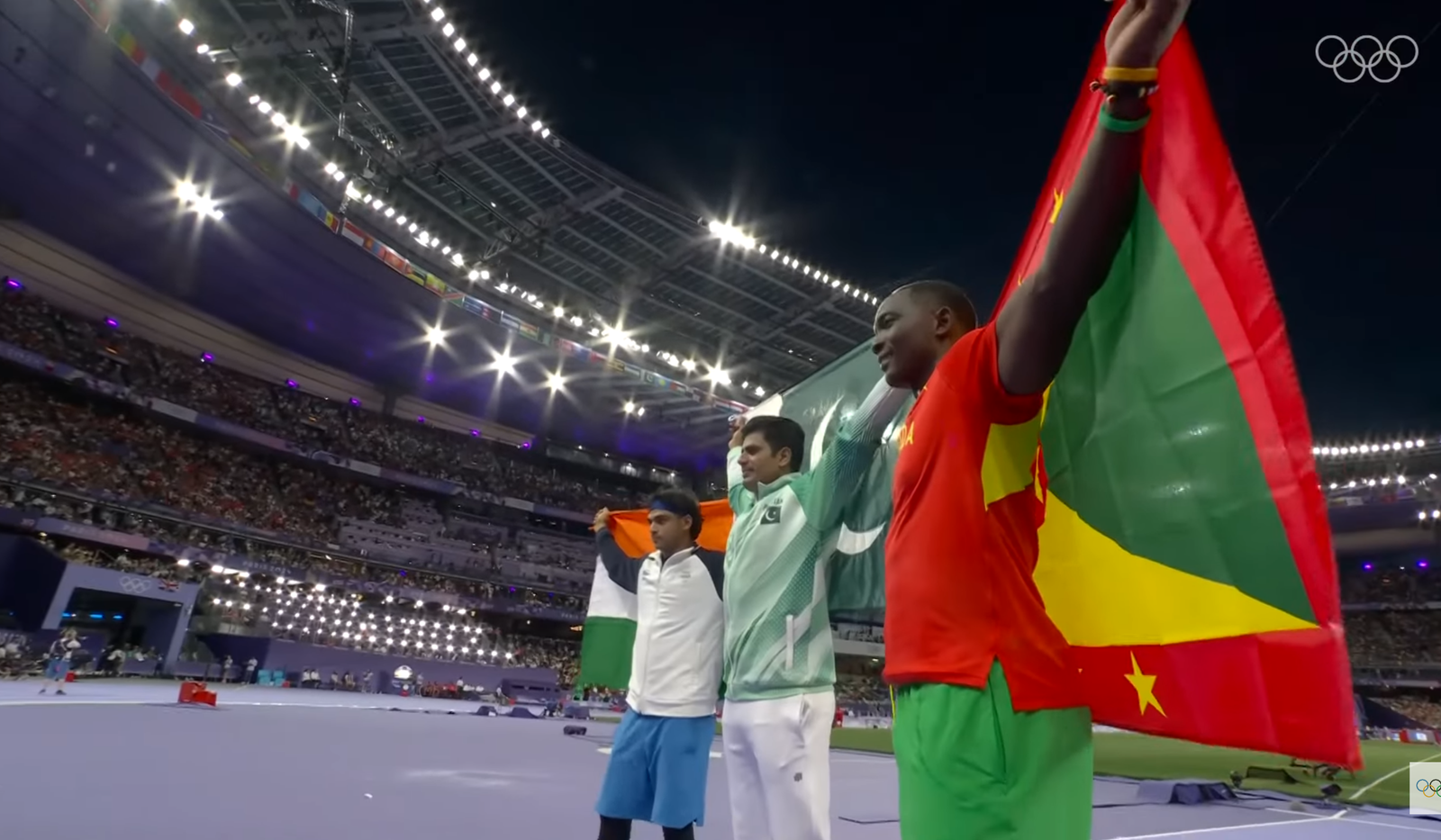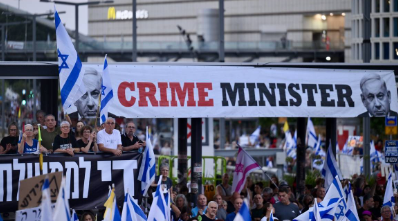
On Sunday, it was stated by the Palestinian resistance movement Hamas that new conditions were set by Israeli Prime Minister Benjamin Netanyahu in the Gaza cease-fire and Prisoner Swap proposal, which had been negotiated in Doha on Thursday and Friday, thereby preventing the completion of the deal.
Moreover, it was indicated by Hamas in a statement that the new proposal aligns with Netanyahu’s conditions, particularly his refusal of a permanent cease-fire, a complete withdrawal from the Gaza Strip, and his insistence on continuing the occupation of the Netzarim Junction (which separates the north and south of the Gaza Strip), the Rafah crossing, and the Philadelphi Corridor (in the south).
Additionally, new conditions were set by him in the Prisoner Swap file, and other terms were retracted, which has obstructed the completion of the deal.
Following the recent round of negotiations in Doha, it was confirmed by Hamas “once again that obstacles are still being put in the way of reaching an agreement by Netanyahu, with new conditions and demands being set to sabotage the mediators’ efforts and prolong the war.”
Moreover, it was emphasized by the movement that it remains committed to what was agreed upon on July 2, based on the proposal backed by US President Joe Biden and the UN Security Council resolution.
Additionally, the mediators were called upon “to fulfill their responsibilities and compel the occupation (Israeli) to implement what has been agreed upon.”
Cease-fire talks in Doha were concluded on Friday after “a proposal that narrows the gaps” between Israel and Hamas, consistent with the principles set out by Biden on May 31, was presented.
It was mentioned by Biden in May that a three-phase deal had been presented by Israel, which would end hostilities in Gaza and secure the release of hostages held in the coastal enclave. The plan includes a cease-fire, a Prisoner Swap, and the reconstruction of Gaza.
Since an Oct. 7 cross-border attack that claimed 1,200 lives and led to around 250 being taken as hostages, more than 40,000 Palestinians have been killed by Israel. Consequently, Israeli actions have triggered a humanitarian disaster and an ongoing trial over alleged genocide at the International Court of Justice.
For months, efforts have been made by the US, Qatar, and Egypt to reach an agreement between Israel and Hamas to ensure a Prisoner Swap and cease-fire, but no agreement has been reached. A week-long truce and exchange of hostages in return for Palestinian prisoners ended on Dec. 1.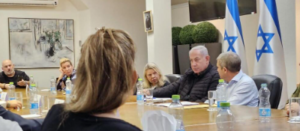
Netanyahu’s New Conditions Stall Gaza Cease-Fire and Prisoner Swap Deal
The ongoing conflict in Gaza has been significantly impacted by new conditions introduced by Israeli Prime Minister Netanyahu. These conditions, which were brought into the negotiations during talks in Doha, have resulted in the stalling of the Prisoner Swap Deal, further complicating efforts to bring peace to the region.
Efforts by international mediators, including the US, Qatar, and Egypt, had been made to secure a cease-fire, a Prisoner Swap Deal, and the reconstruction of Gaza. However, the deal has been prevented from moving forward due to Netanyahu’s insistence on certain demands, particularly his refusal to agree to a permanent cease-fire and his decision to maintain control over key areas in Gaza.
Hamas, the Palestinian resistance movement, has accused Netanyahu of deliberately setting new conditions to obstruct the agreement. It was highlighted in a statement by Hamas that these new demands include Netanyahu’s refusal to withdraw from Gaza and his insistence on continuing the occupation of strategic locations such as the Netzarim Junction, the Rafah crossing, and the Philadelphi Corridor.
Moreover, the Prisoner Swap Deal has been further complicated by new conditions reportedly added by Netanyahu. Hamas has expressed frustration over these changes, arguing that they undermine the progress made in previous negotiations and prolong the conflict in Gaza.
The situation has drawn international attention, with the initial proposal to end hostilities being backed by US President Joe Biden and the UN Security Council. However, the entire agreement has been put at risk by the introduction of new conditions by Netanyahu, leading to concerns that the conflict in Gaza may continue to escalate.
As the world watches, uncertainty remains regarding the future of the Gaza cease-fire and Prisoner Swap Deal. The continued stalling underscores the challenges of achieving lasting peace in a region fraught with deep-seated tensions and unresolved disputes. The coming days will be critical as mediators work to navigate the complex dynamics and seek a resolution that satisfies all parties involved.


